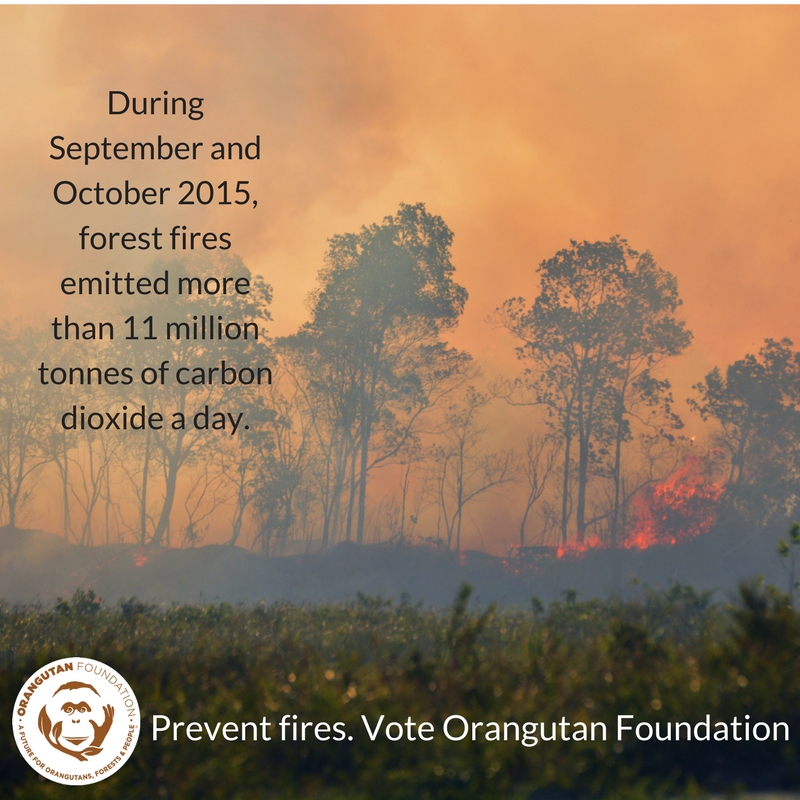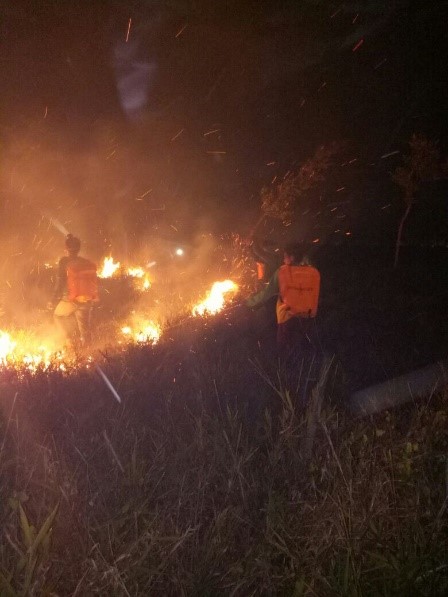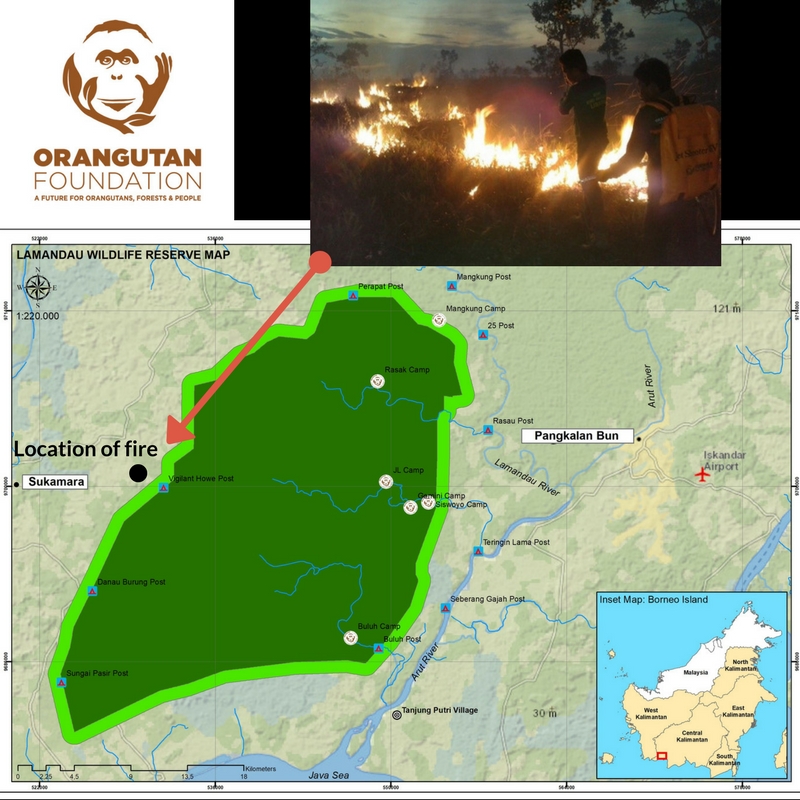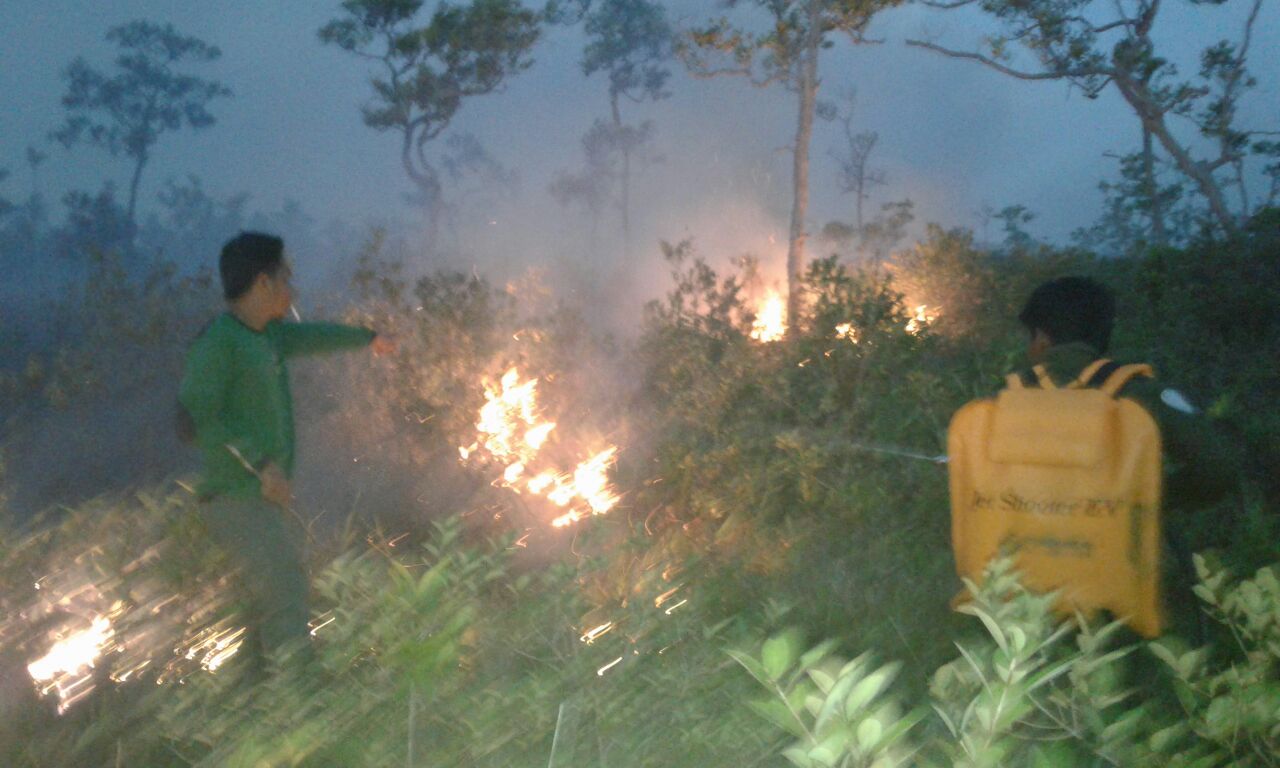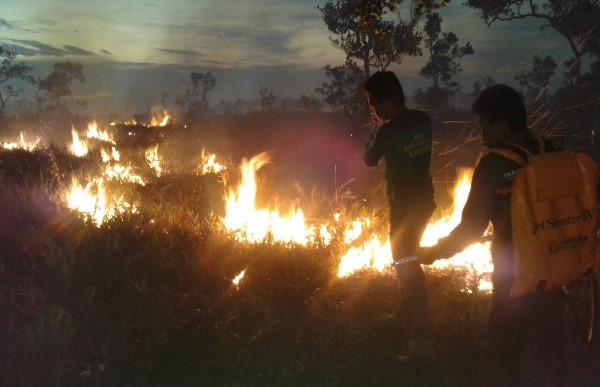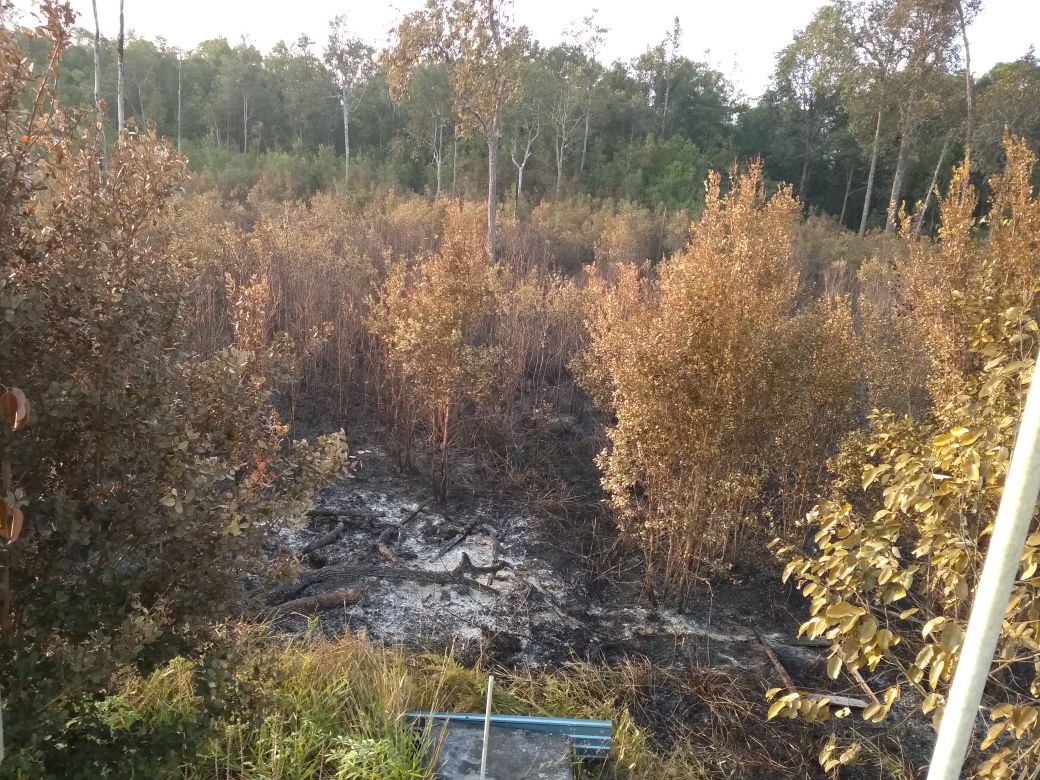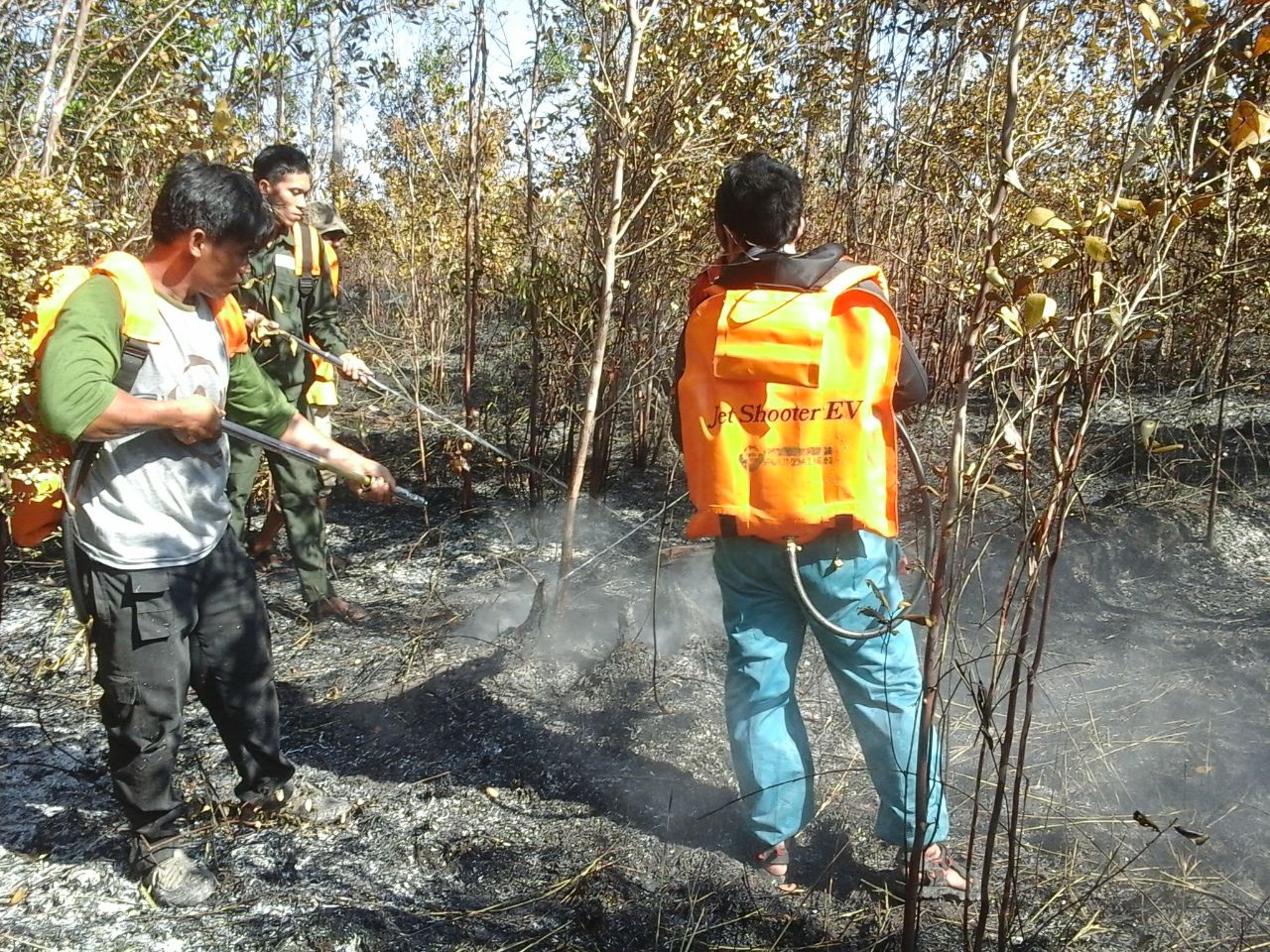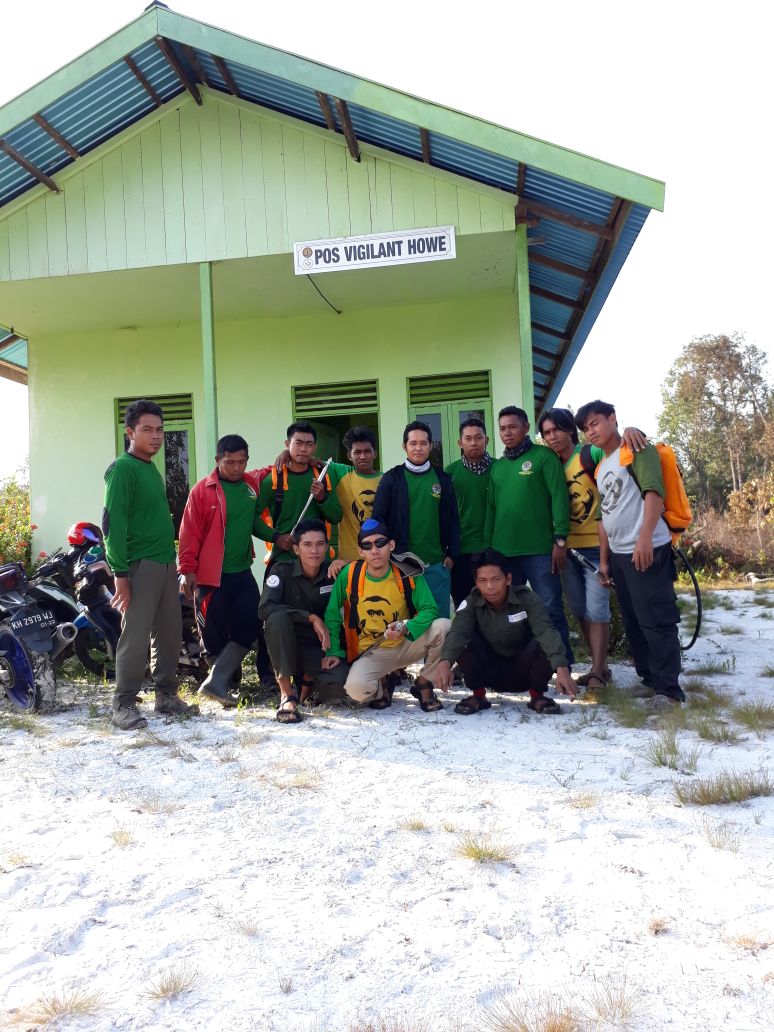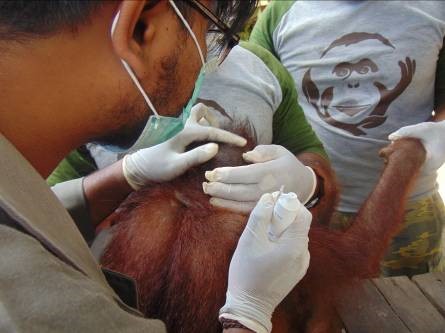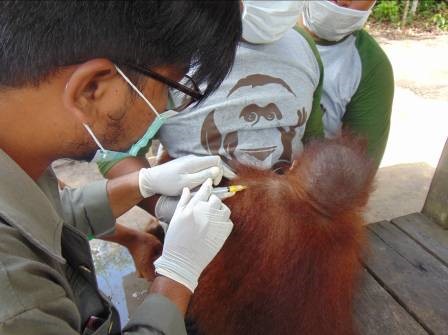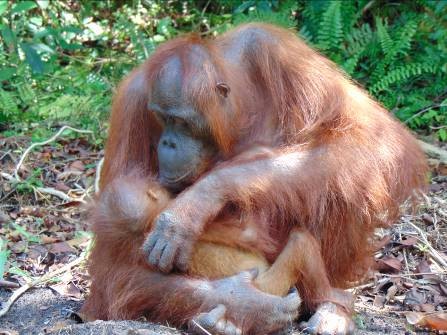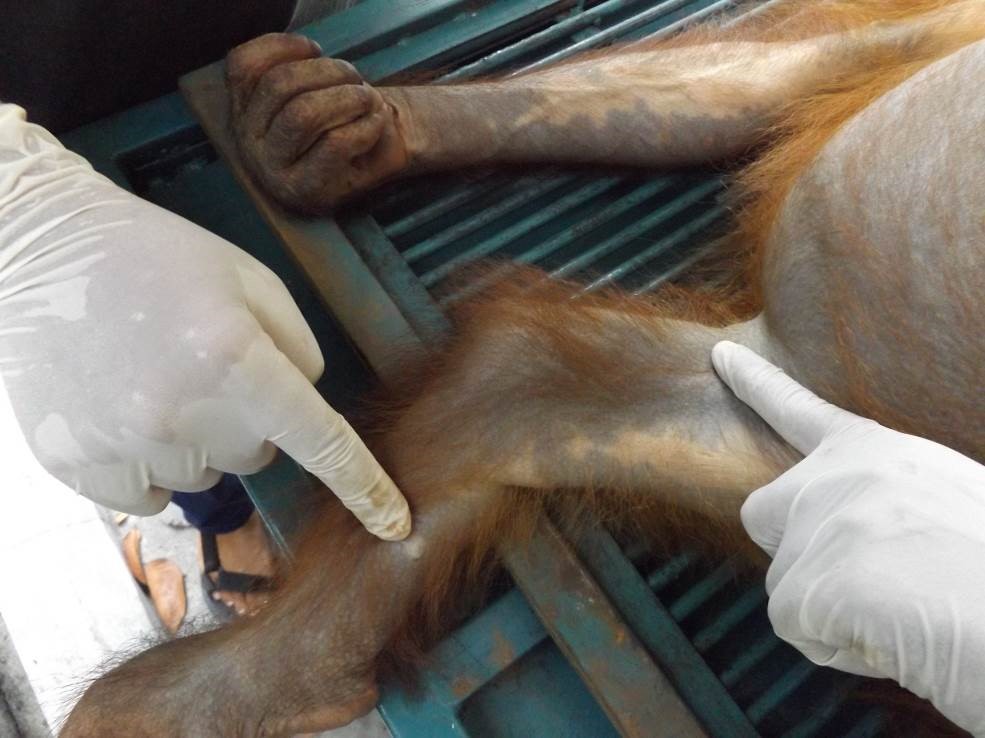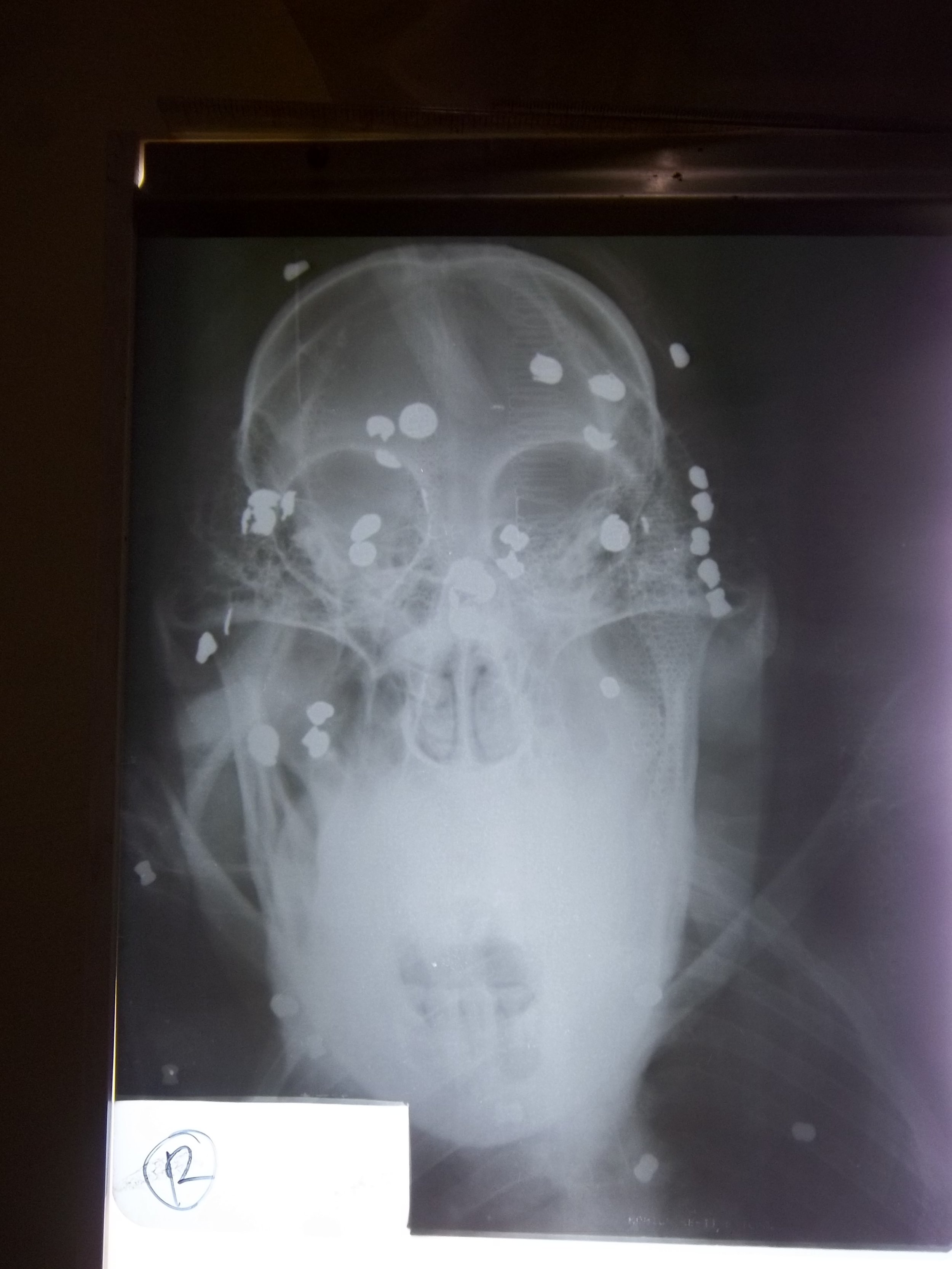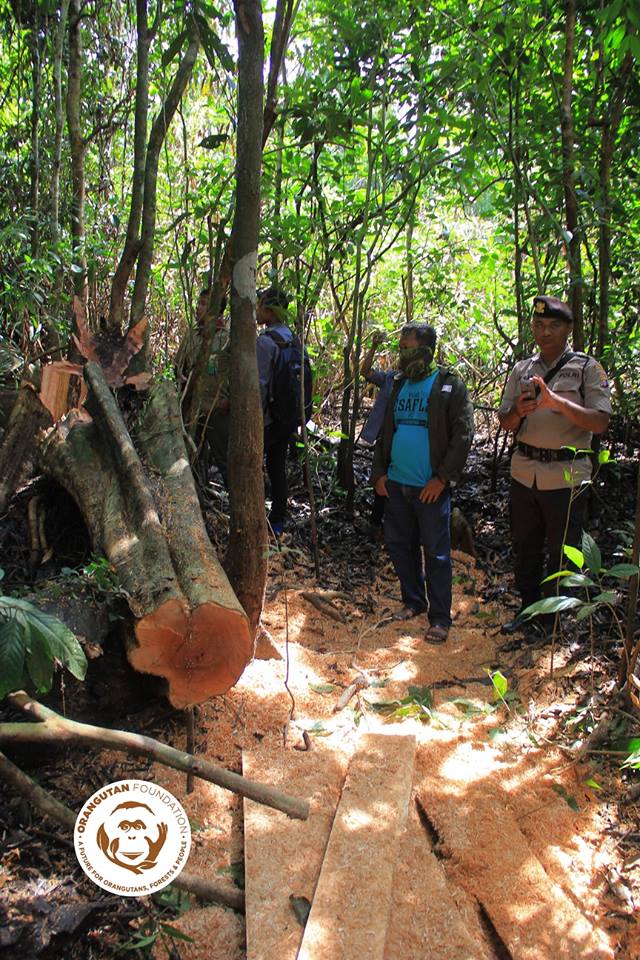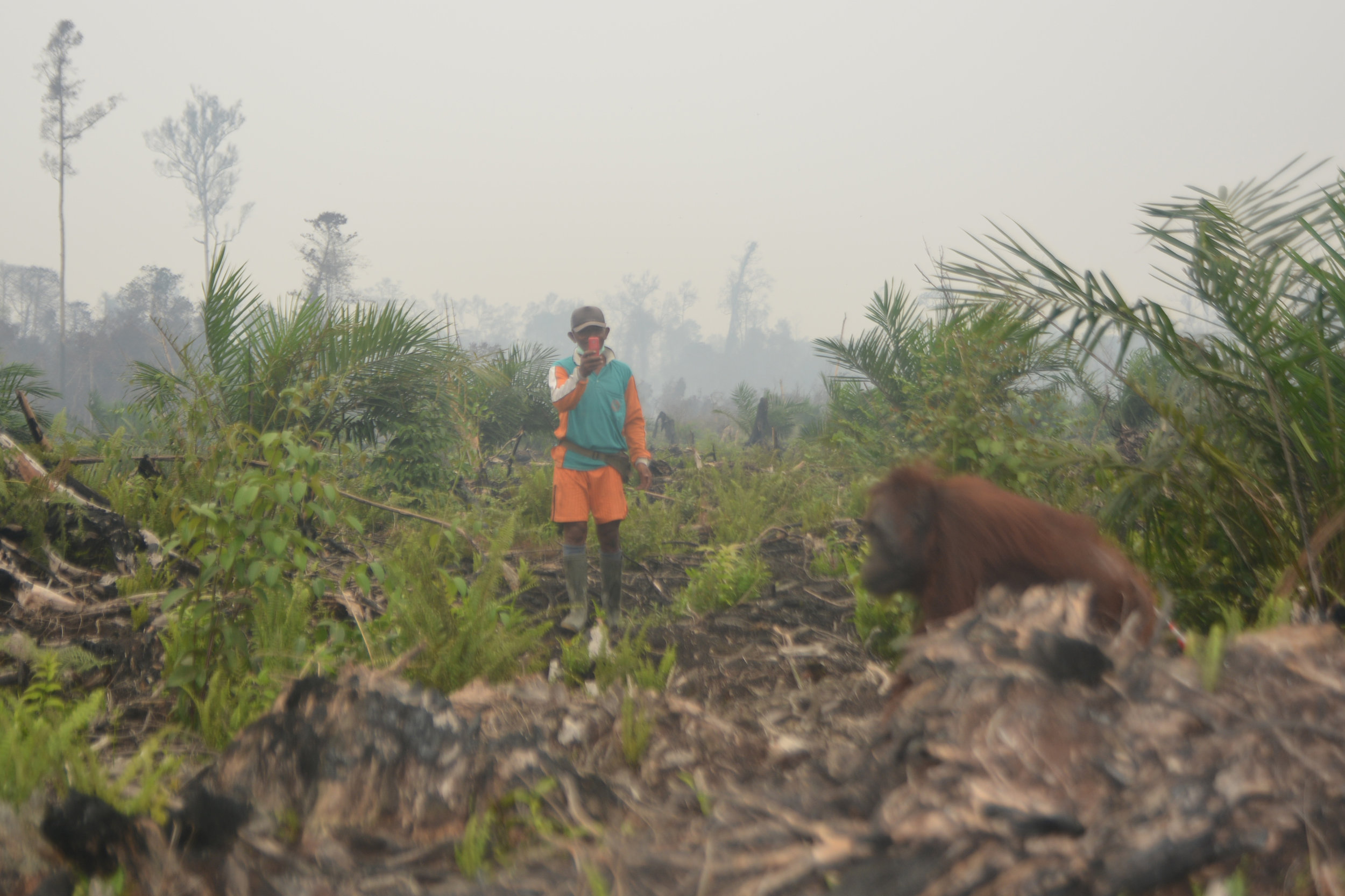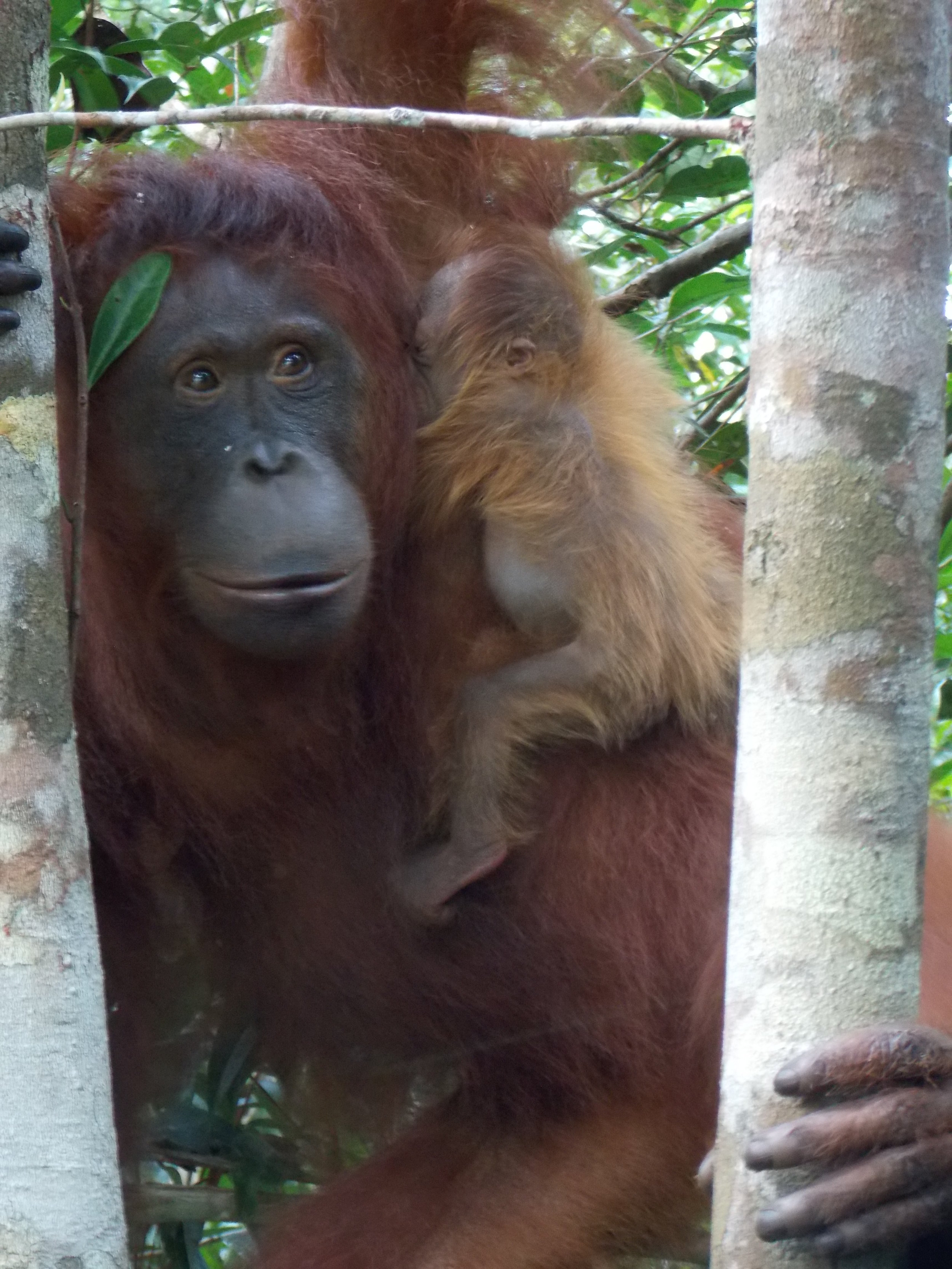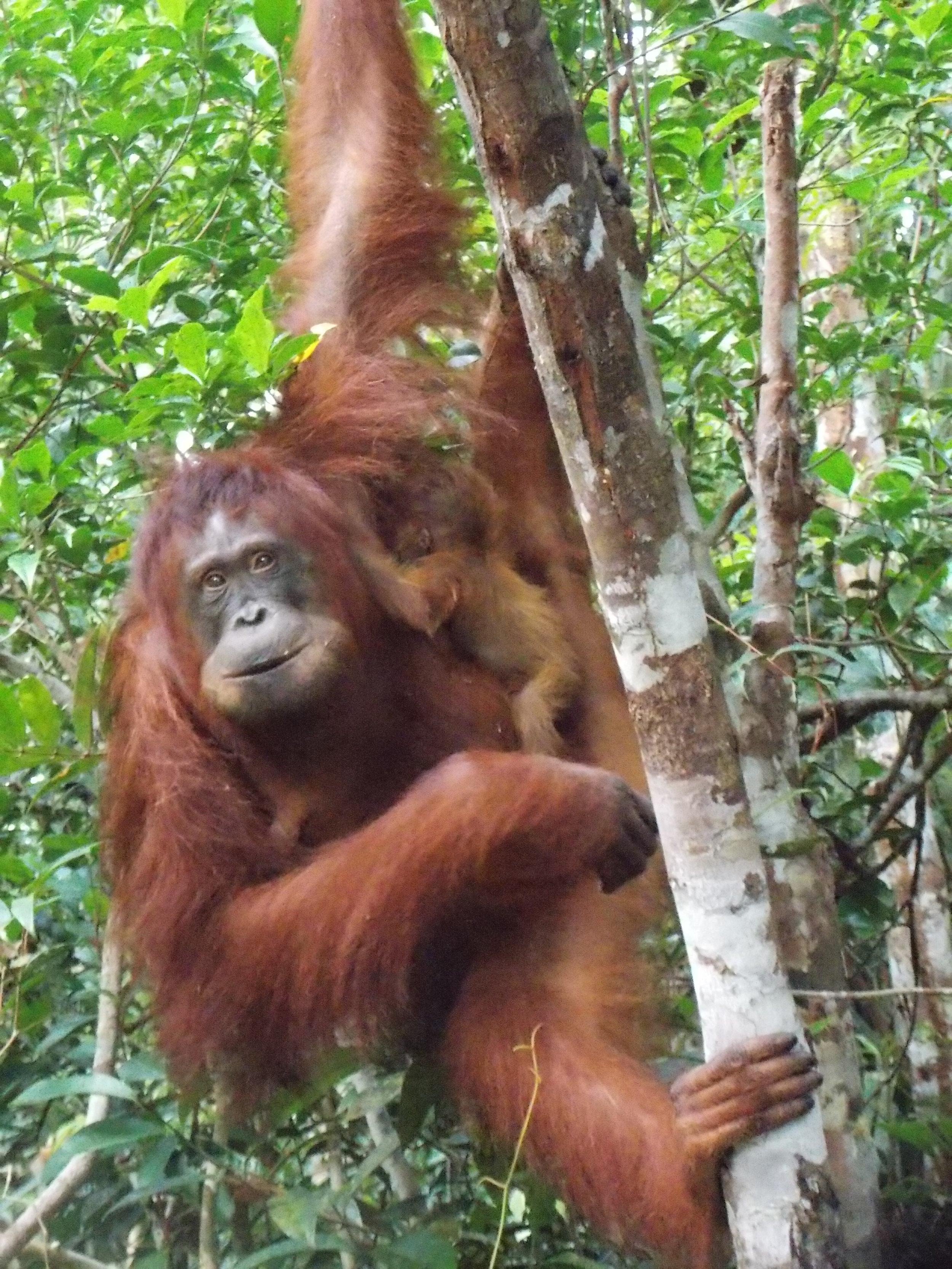One might think that when an orangutan is rescued and released into the wild- it’s plain sailing from thereon in. For inexperienced orangutans like Brian however, it can take a while to find your feet in the challenging life of the forest.
Brian was originally rescued as a pet. The whereabouts of his mother are unknown.
In 2009, after quarantine Brian was brought to Camp Gemini in the Lamandau Wildlife Reserve by government officials (BKSDA) so that he would have the opportunity to integrate into the surrounding orangutan population. At three years old and without his mother to learn from, Brian needed a role-model to help him adapt to this new environment. Fortunately, female orangutan Rosa did not have an infant of her own at the time and showed compassion in taking Brian under her wing. Together they formed a strong pair, and from his surrogate mother Brian was taught the basic forest skills required to survive in the forest.

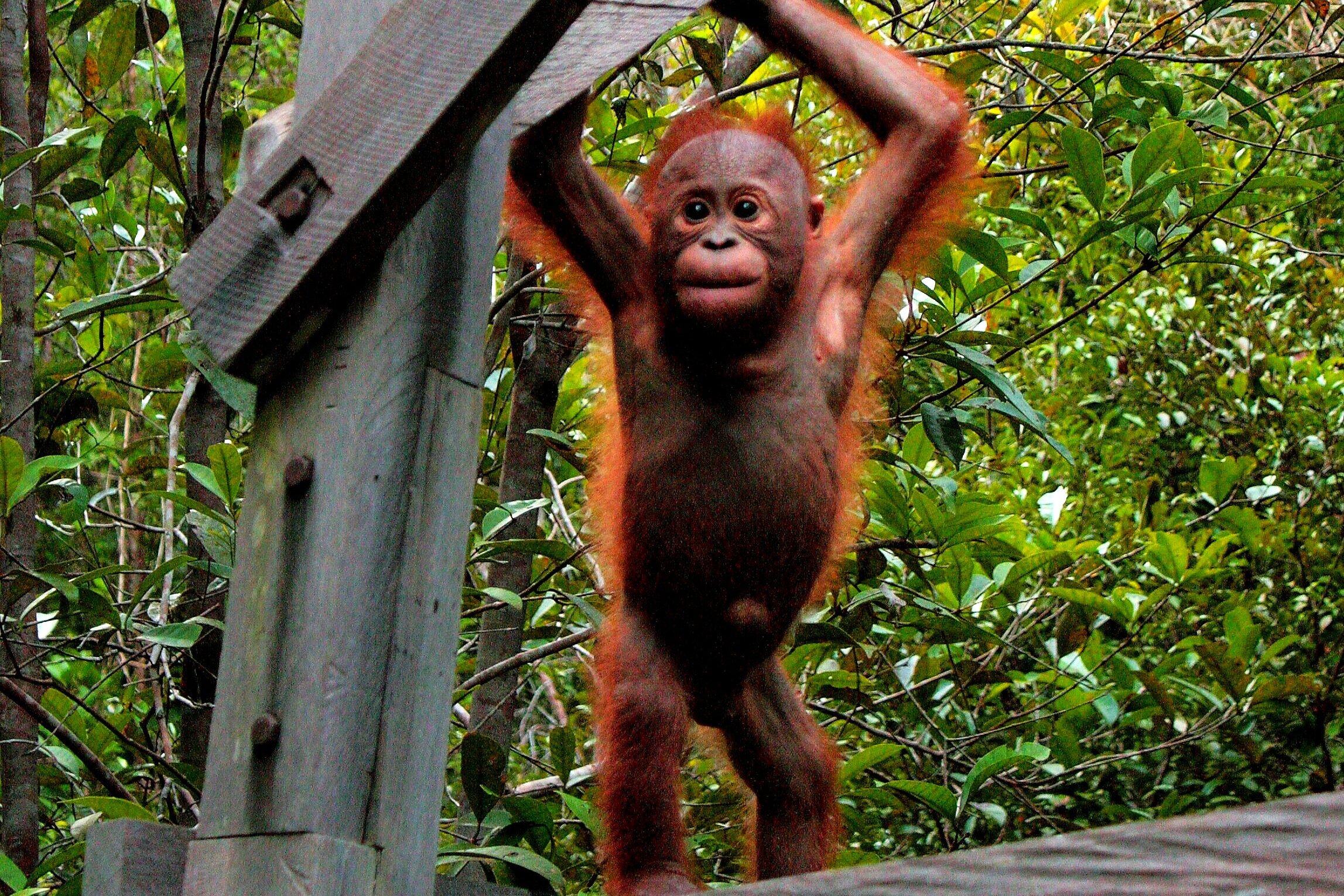
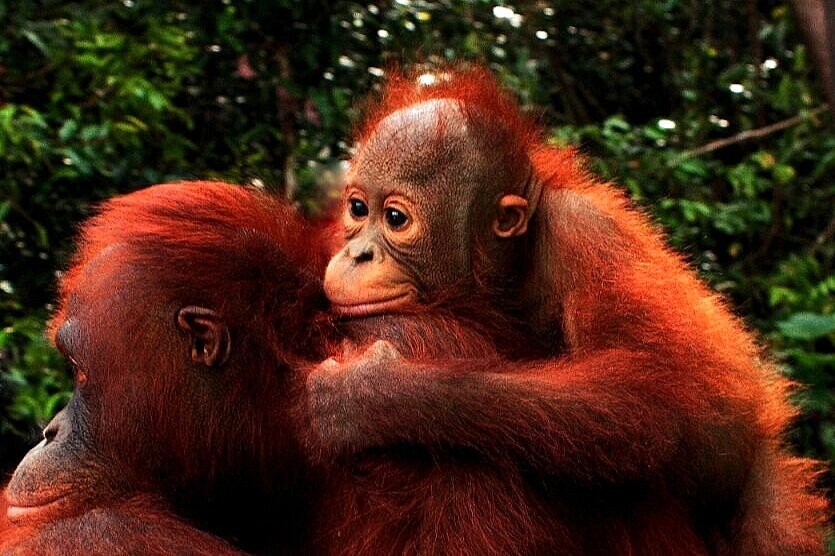
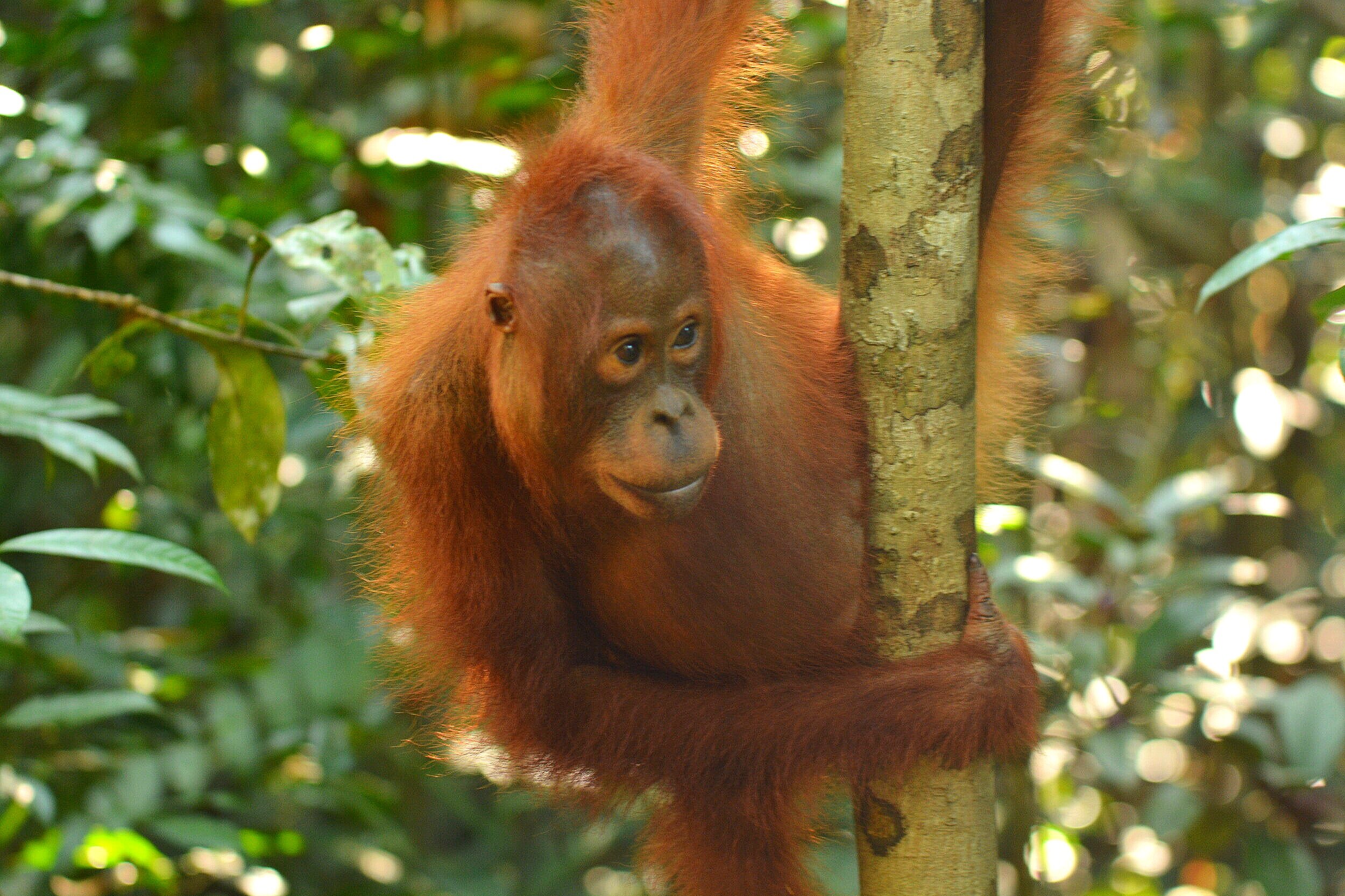
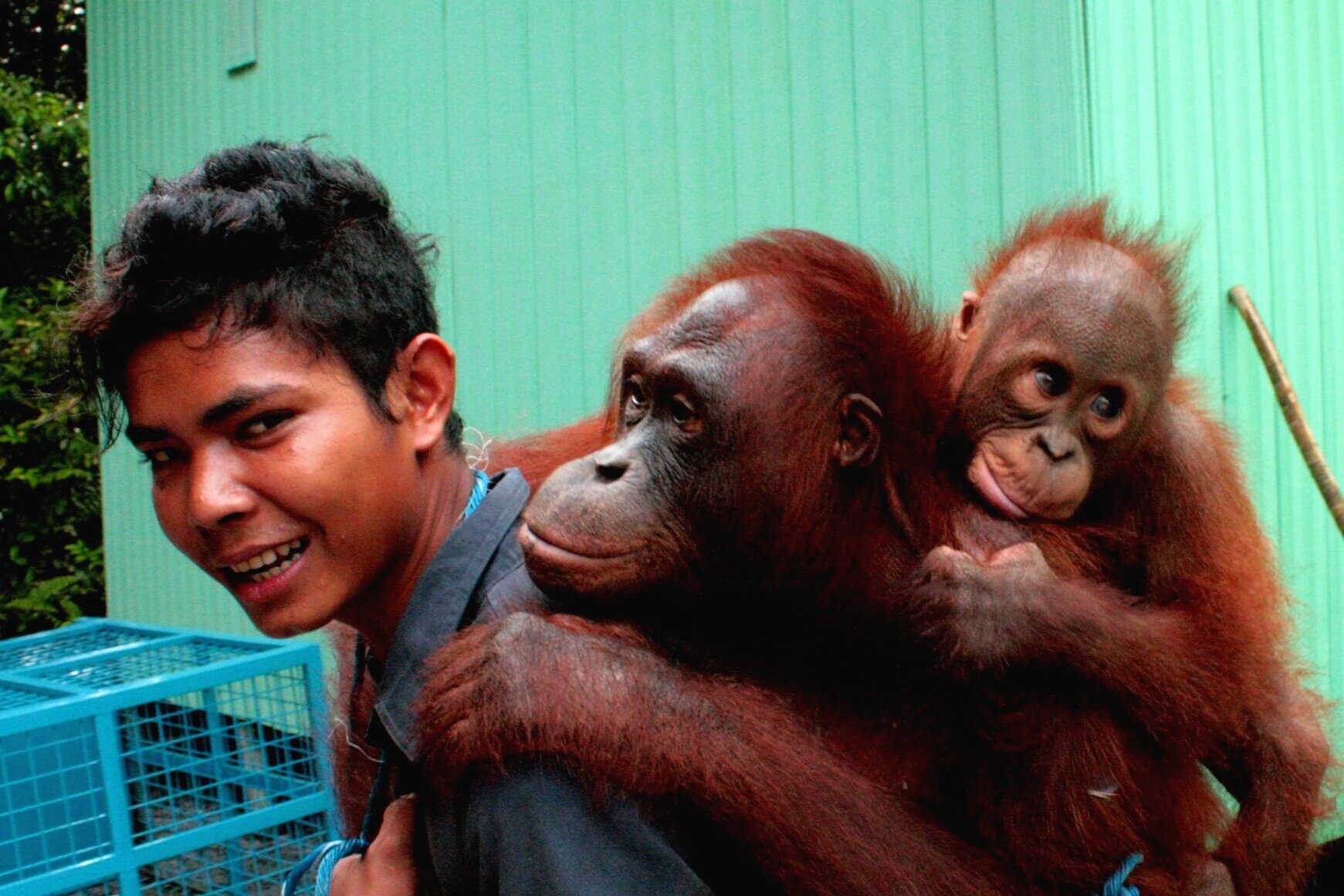
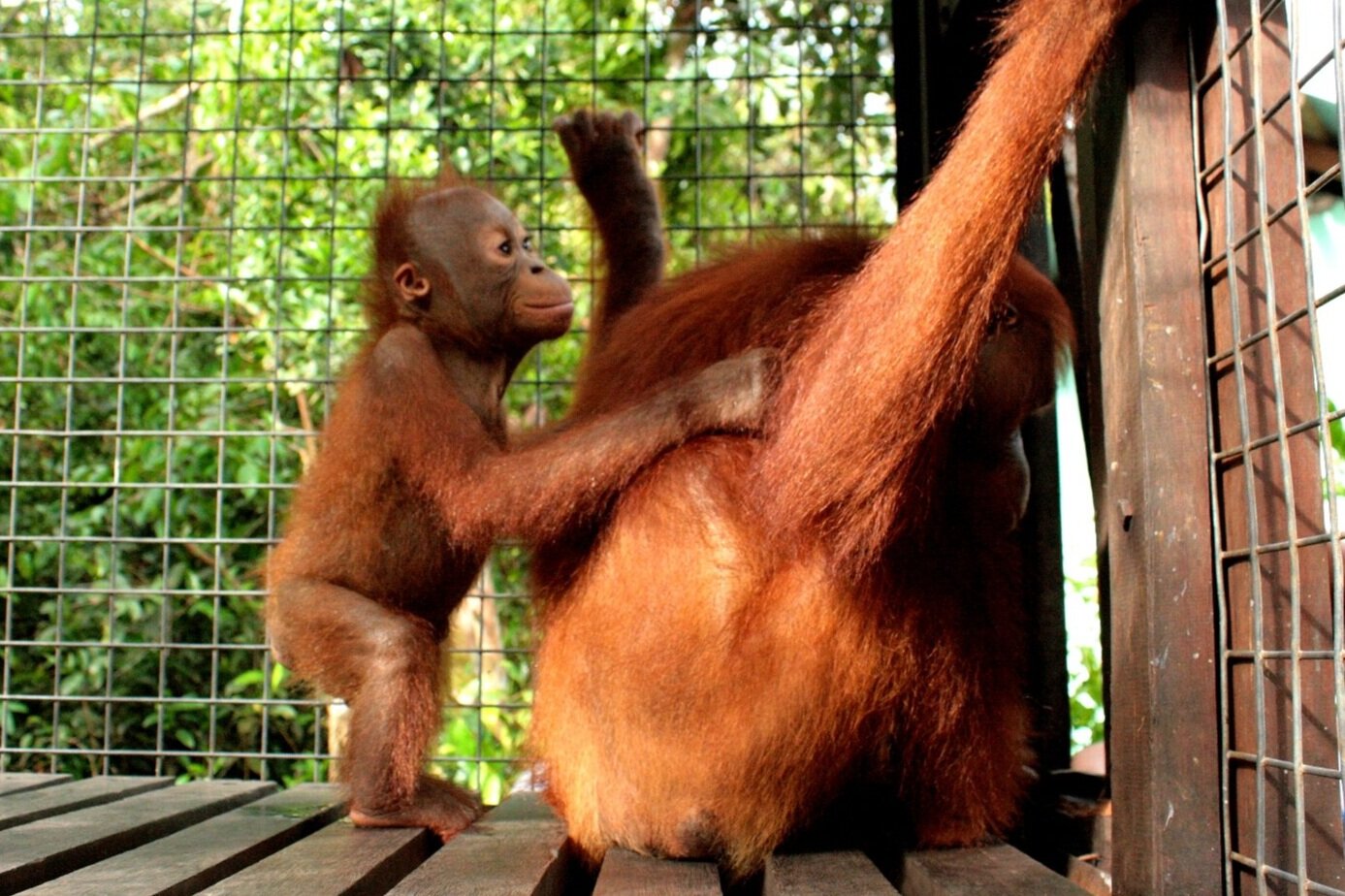
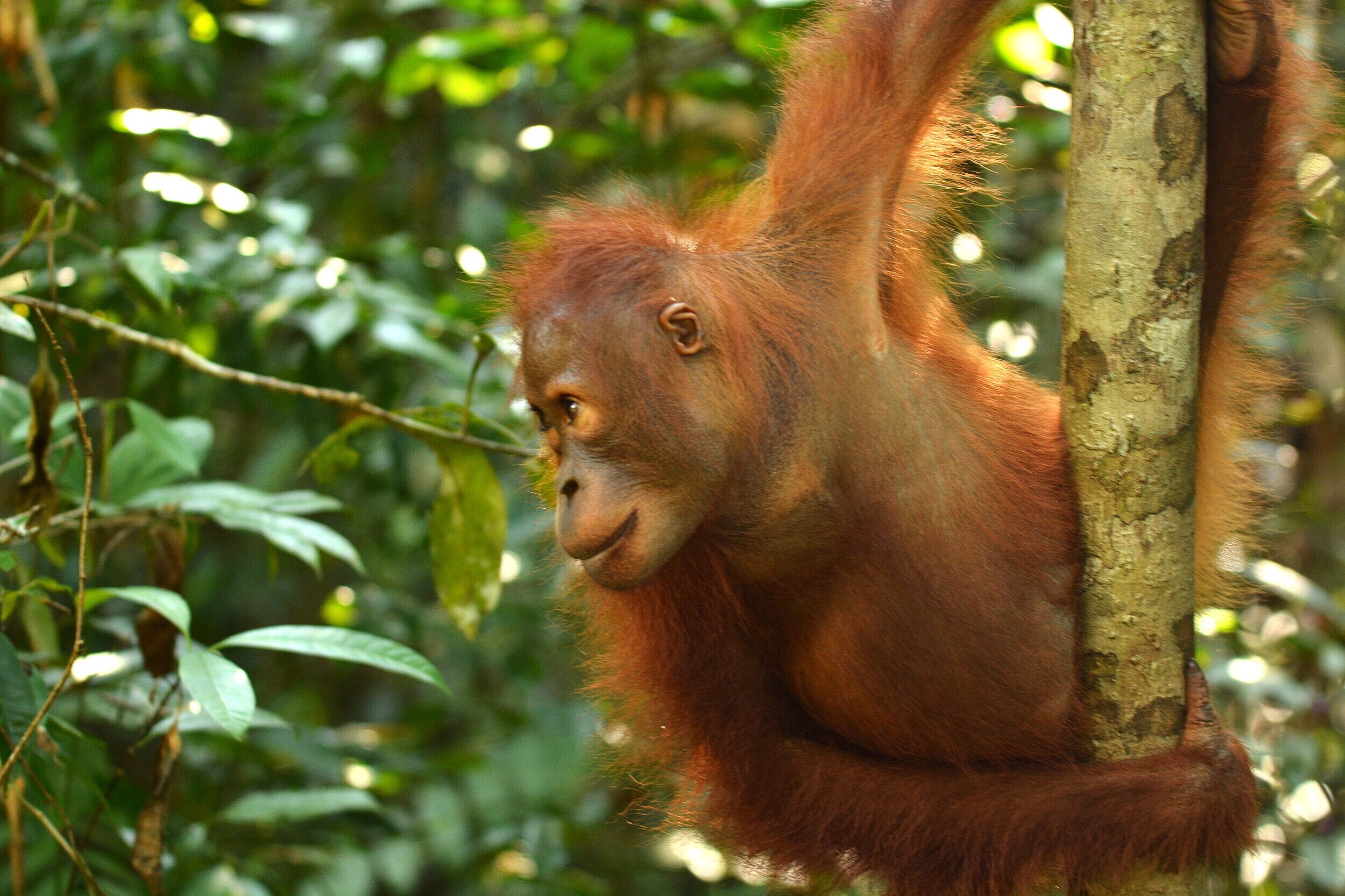

After two years, Rosa gave birth to an infant of her own and began venturing into the forest without Brian in tow. He may have been jealous of Rosa’s new arrival, but it was the push Brian needed to roam the forest independently and become confident in the trees. It wasn’t long until he crossed paths with a larger wild orangutan named Bangkal who has been the dominant male in this area of the Reserve for many years. To his credit Brian did not back down, but following a confrontation with Bangkal, our field team decided that it would be beneficial for Brian to be translocated elsewhere in the forest for his own safety.
Wild male orangutans cover large areas, sometimes hundreds of acres of habitat as they search for a mate or fruiting tree. It’s therefore quite common for their ranges to overlap with other males, leading to quarrels from time to time.
After his relocation to Camp Buluh, Brian was sadly involved in another fracas with a wild male in 2019. Not learning his lesson from his previous encounter, Brian perhaps acted more bravely than he should have and had an unfortunate run-in with wild male Yoko. During this clash Brian suffered severe injuries to his head, body, and arms, resulting in him requiring some emergency treatment and minor surgery from our vet. Despite the slight dent in confidence, with some time to lick his wounds Brian soon made a full recovery and was able to get back in the trees where he belongs.
Our team decided that another relocation to Camp JL would be the best fit for Brian’s return to the forest as there would be fewer competition with dominant males. Now Brian has adapted to this new area of the forest and seems to happily swing in the trees around camp and across the river. His story shows how challenging life in the forest can be for orangutans that are still learning, and also how resilient this critically endangered great ape can be.
Brian has overcome many challenges and is now thriving at Camp JL



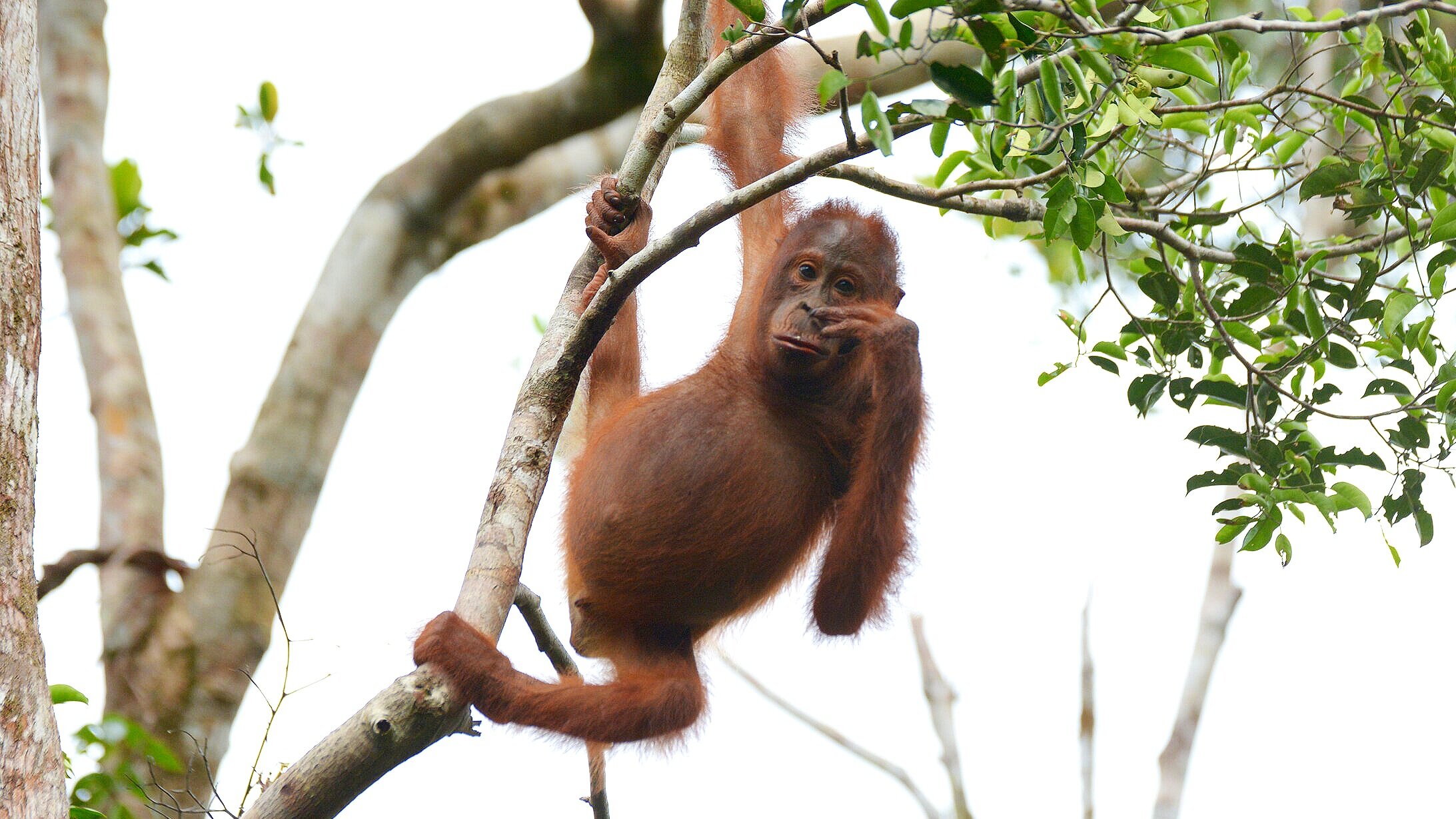

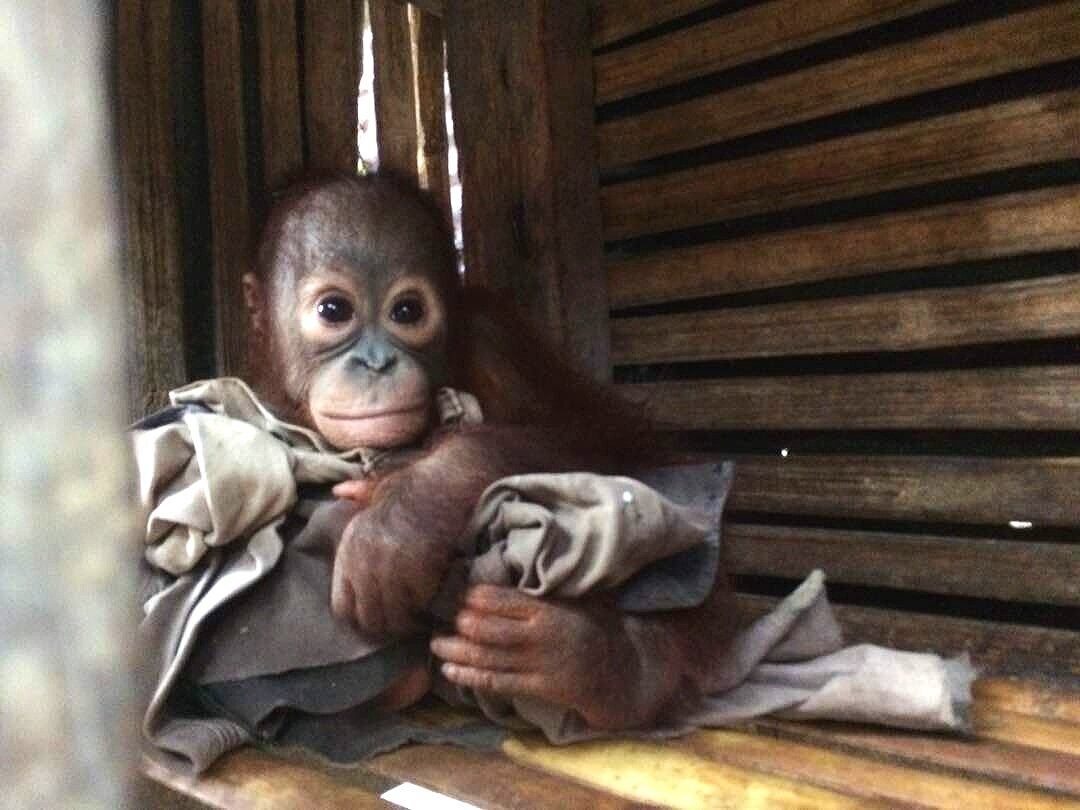


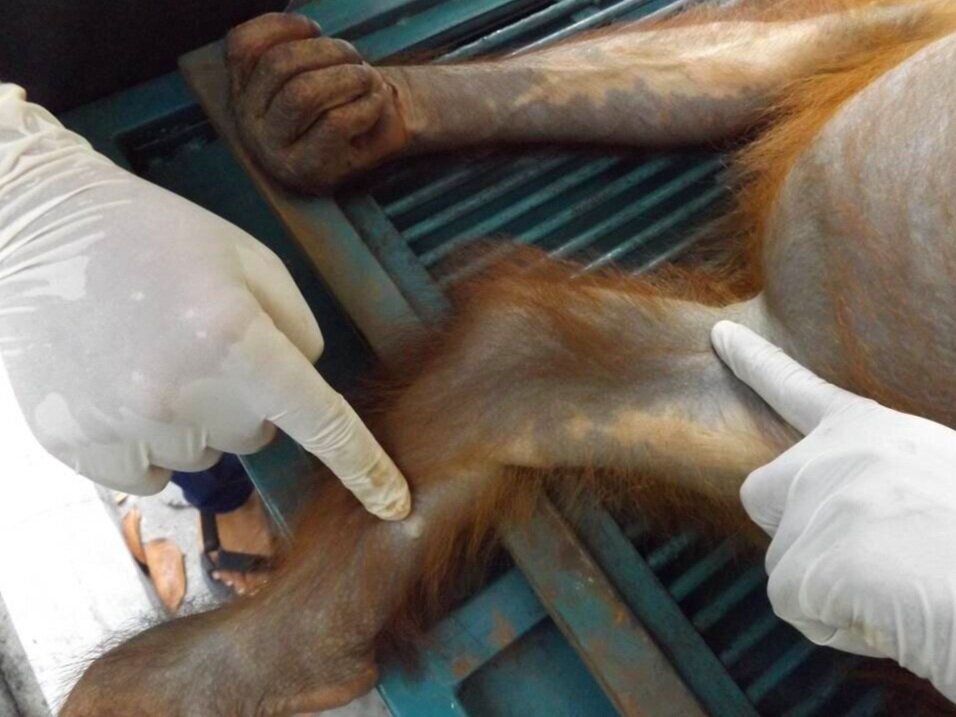
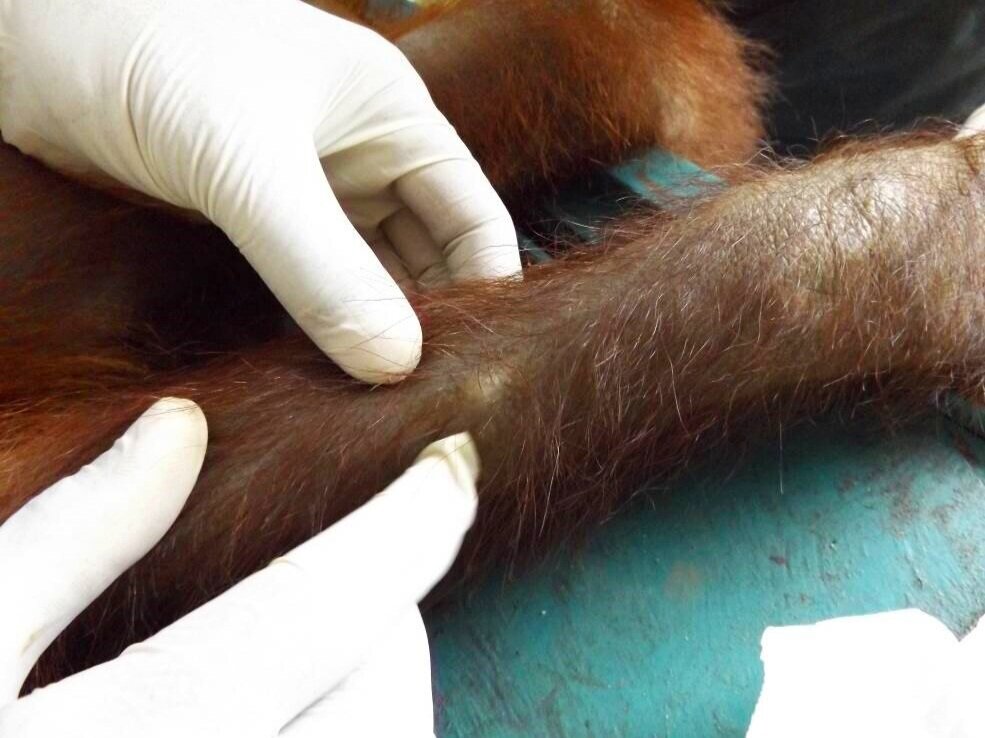
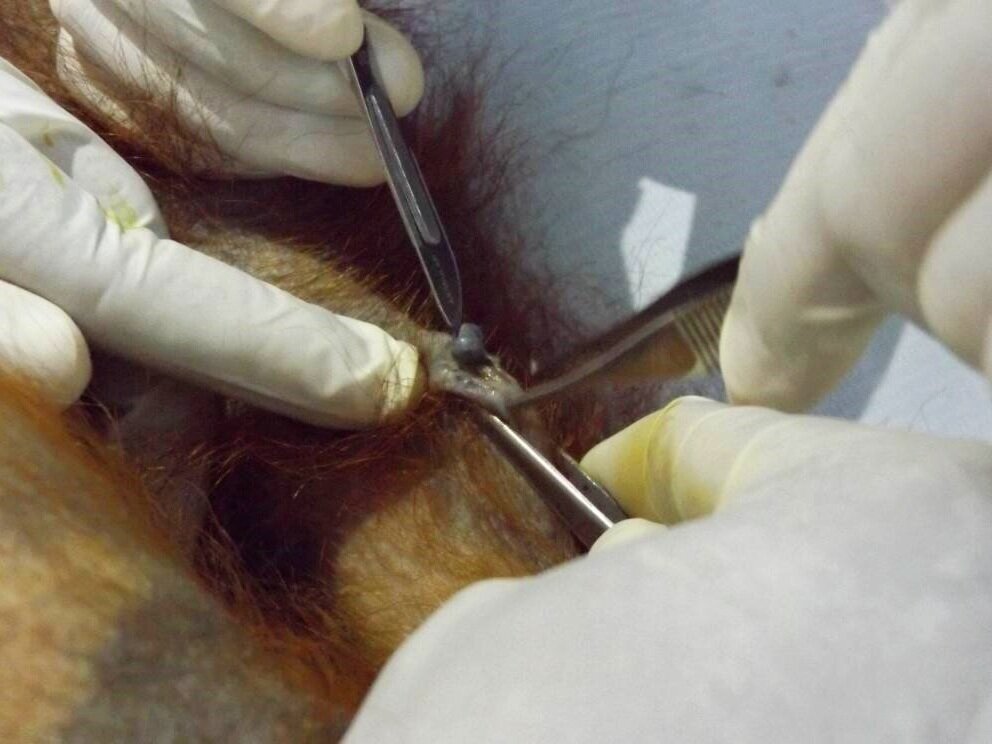


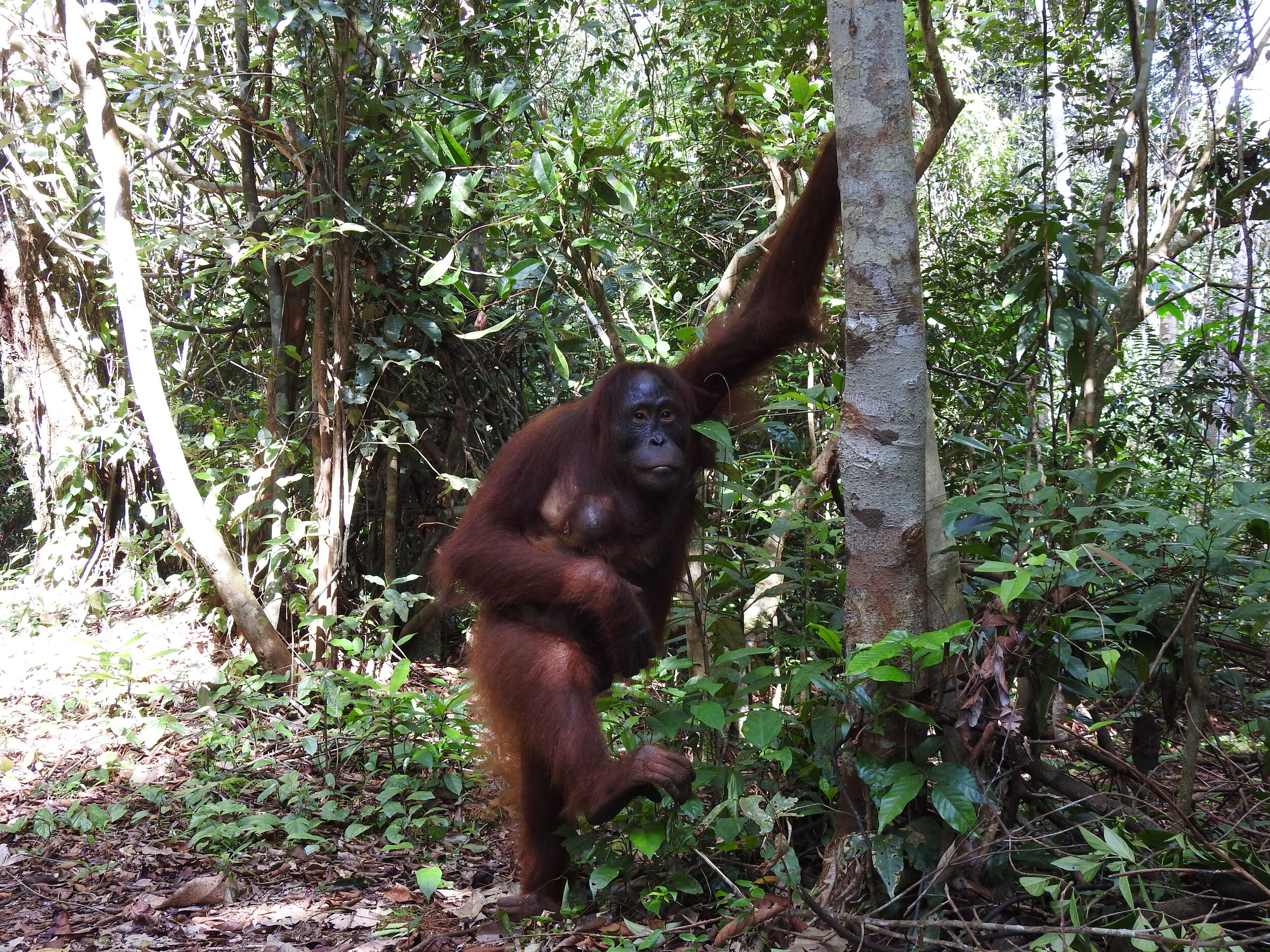

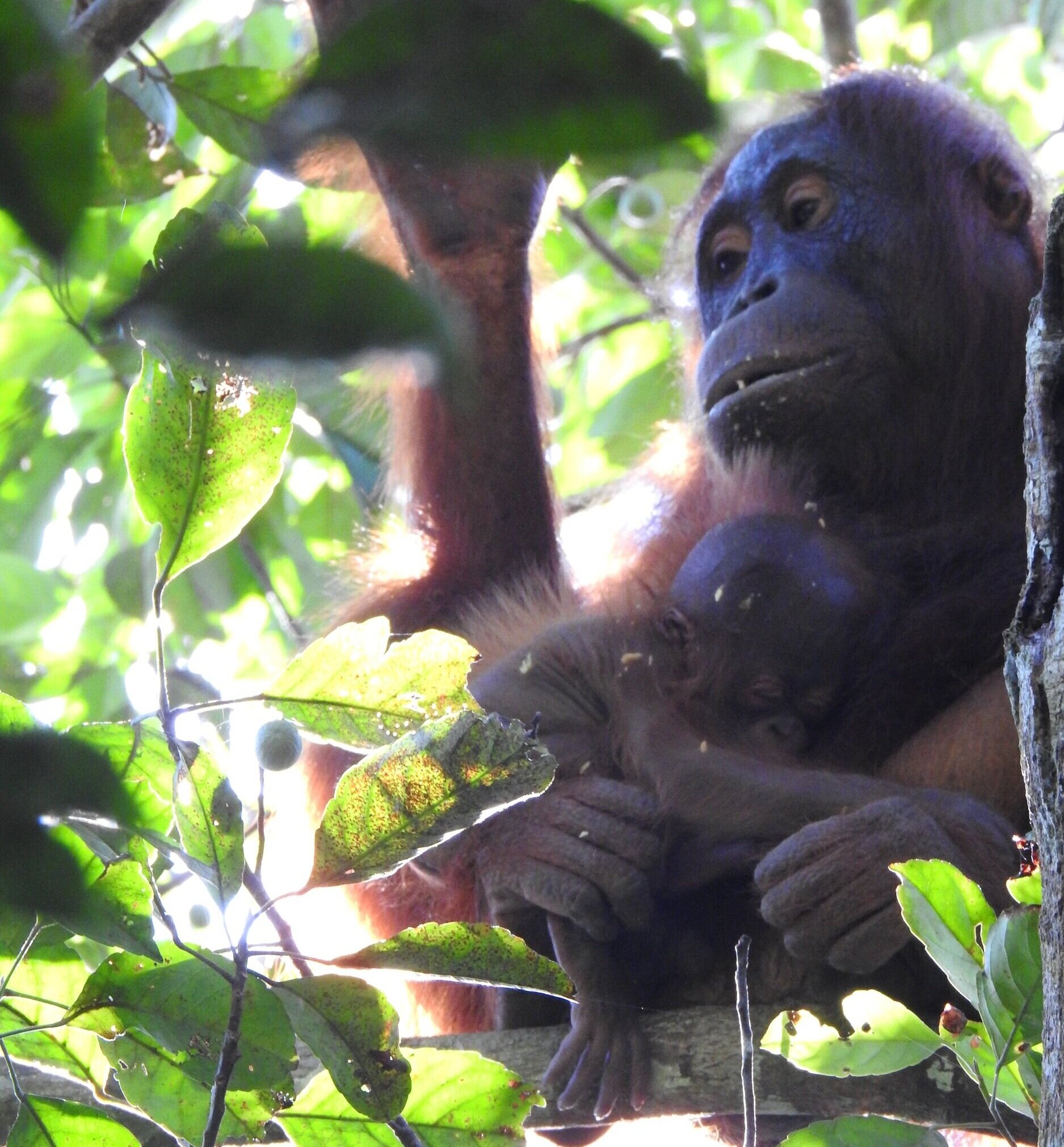
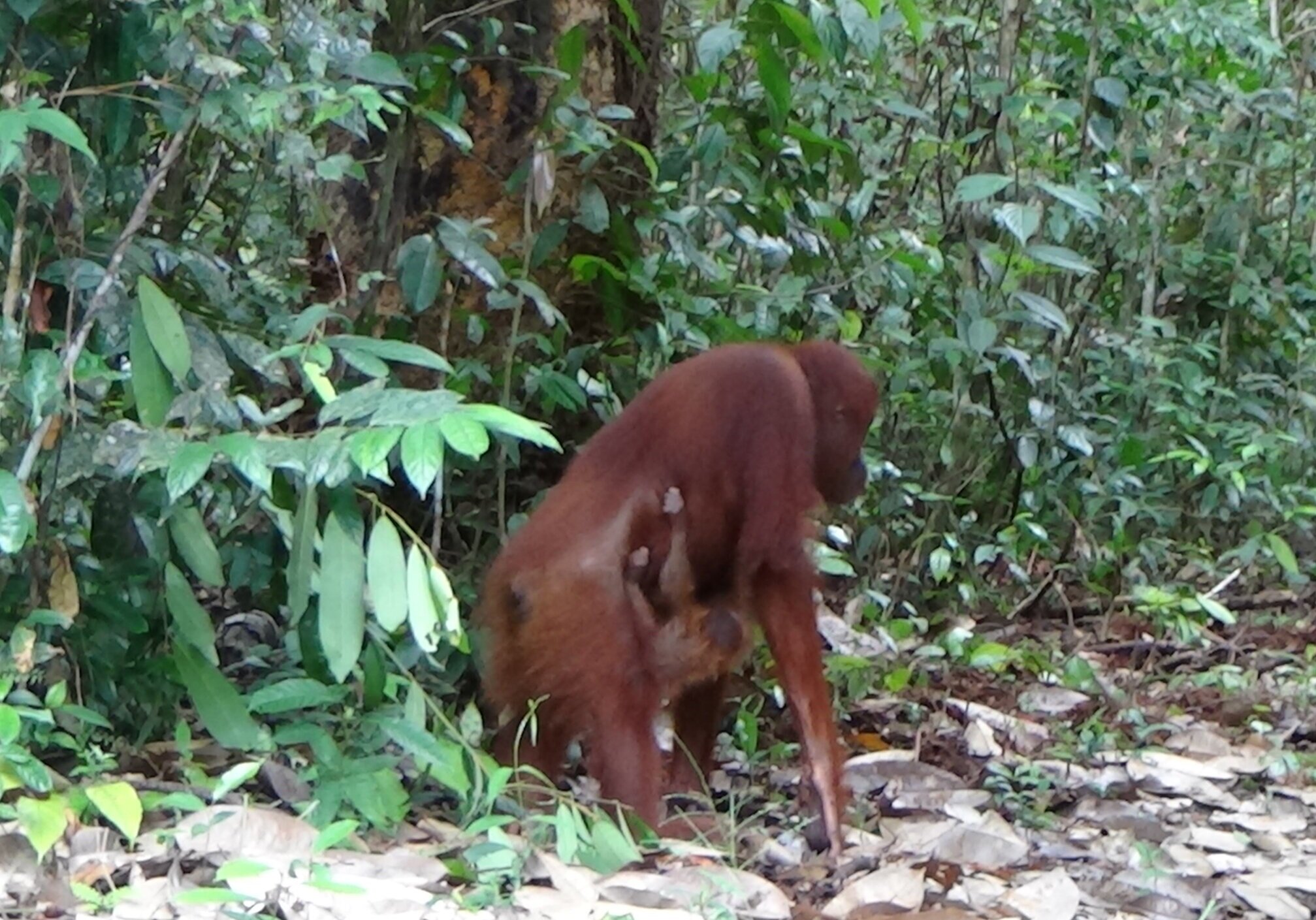
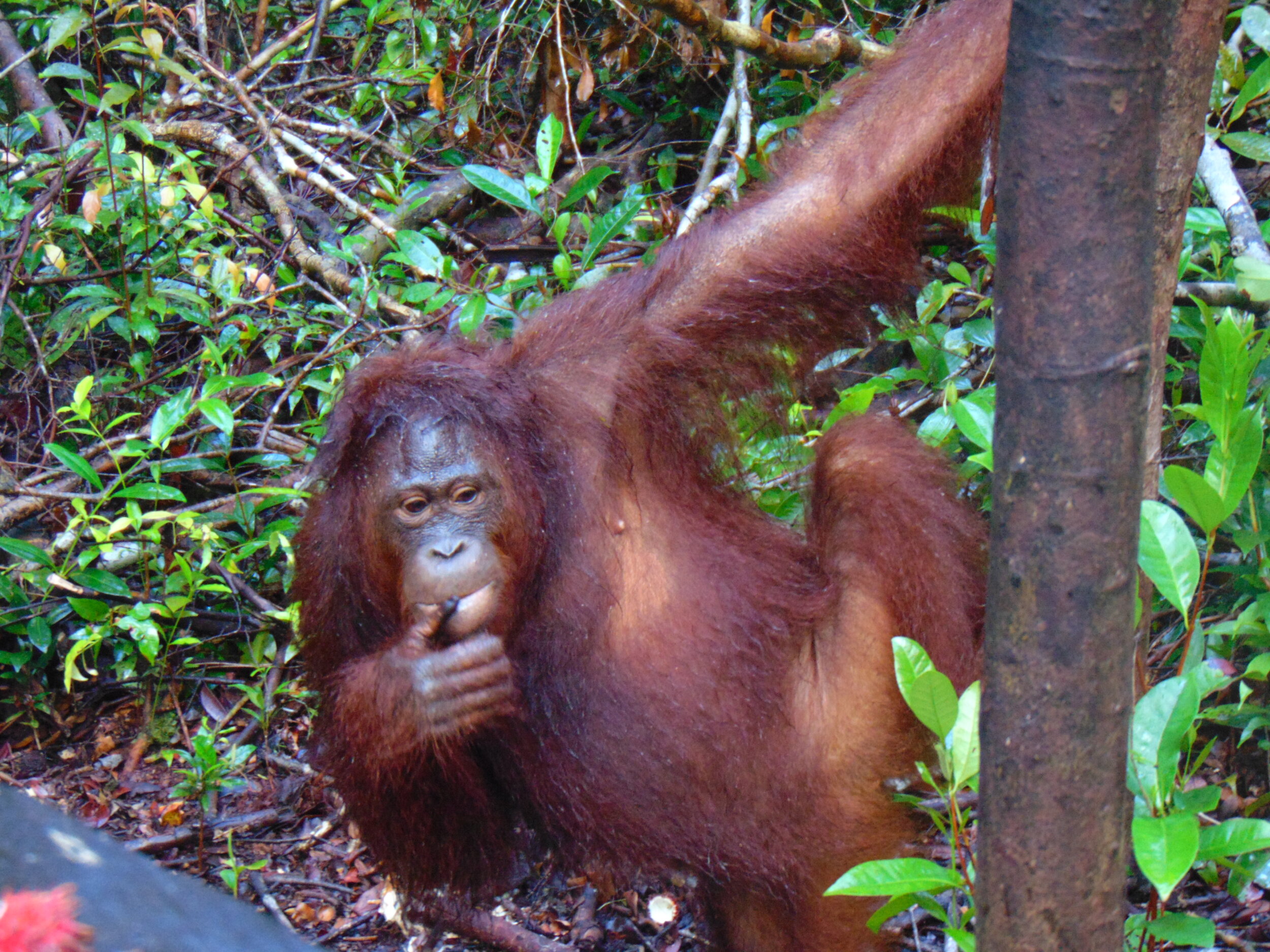




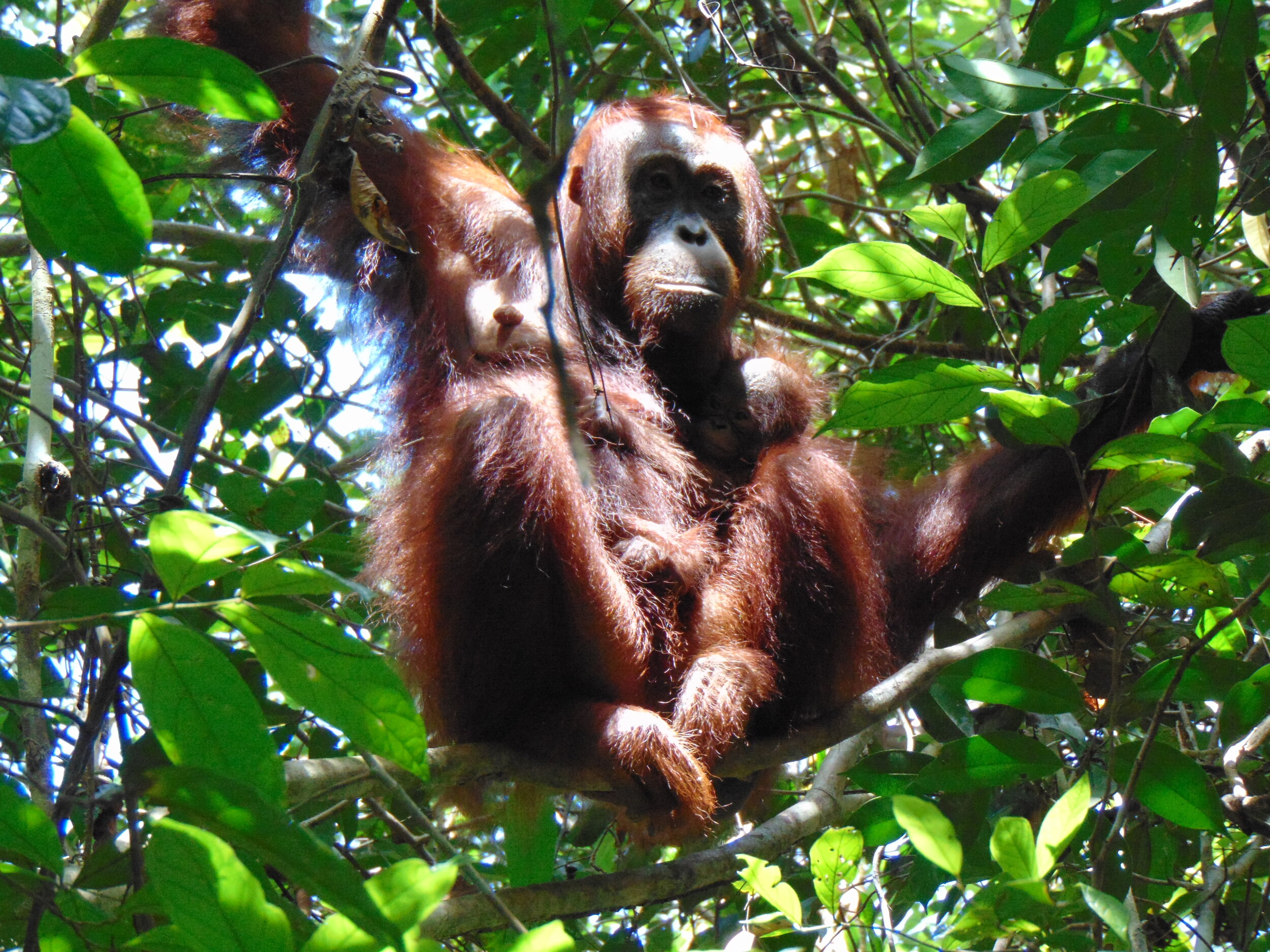
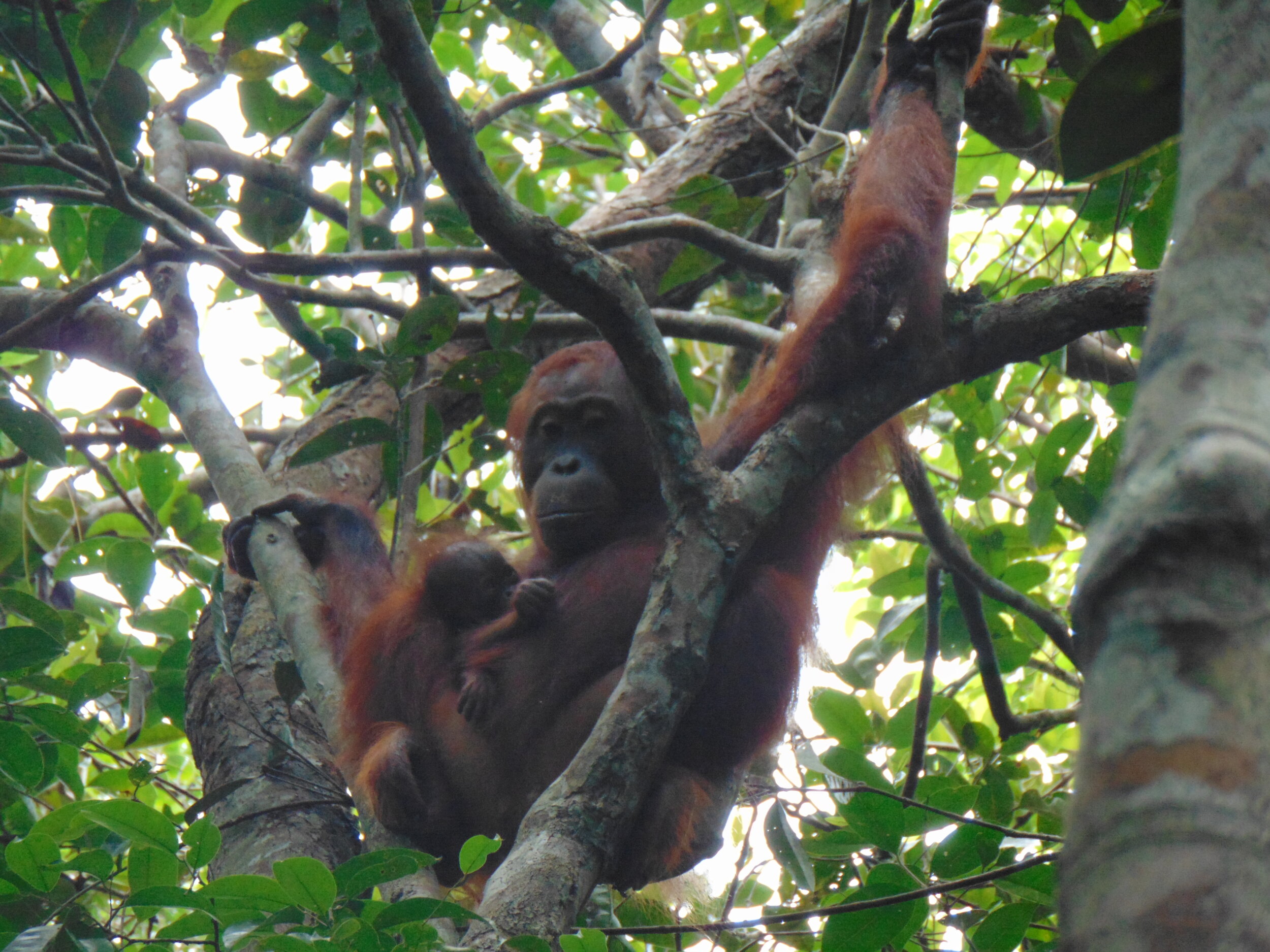

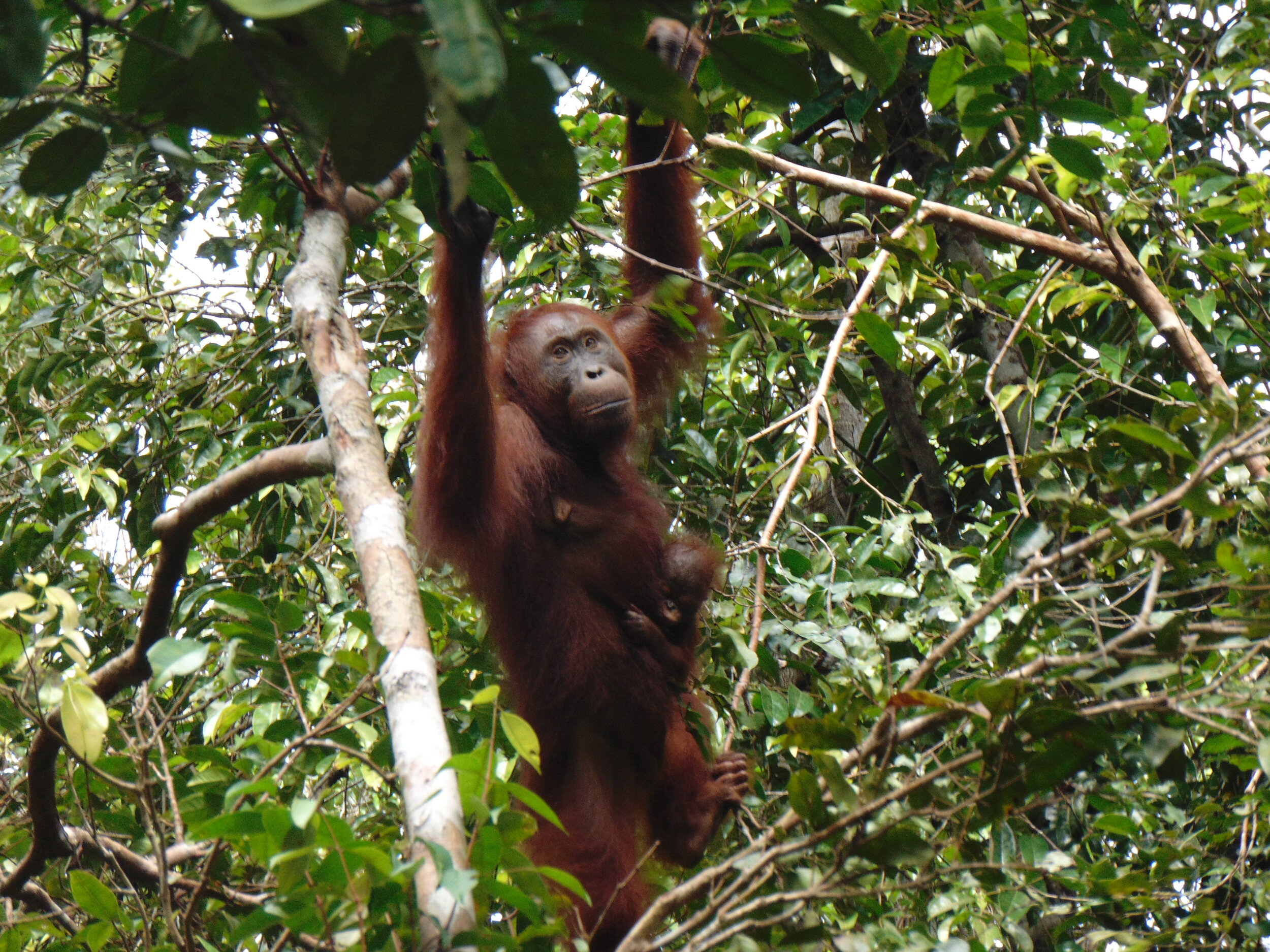


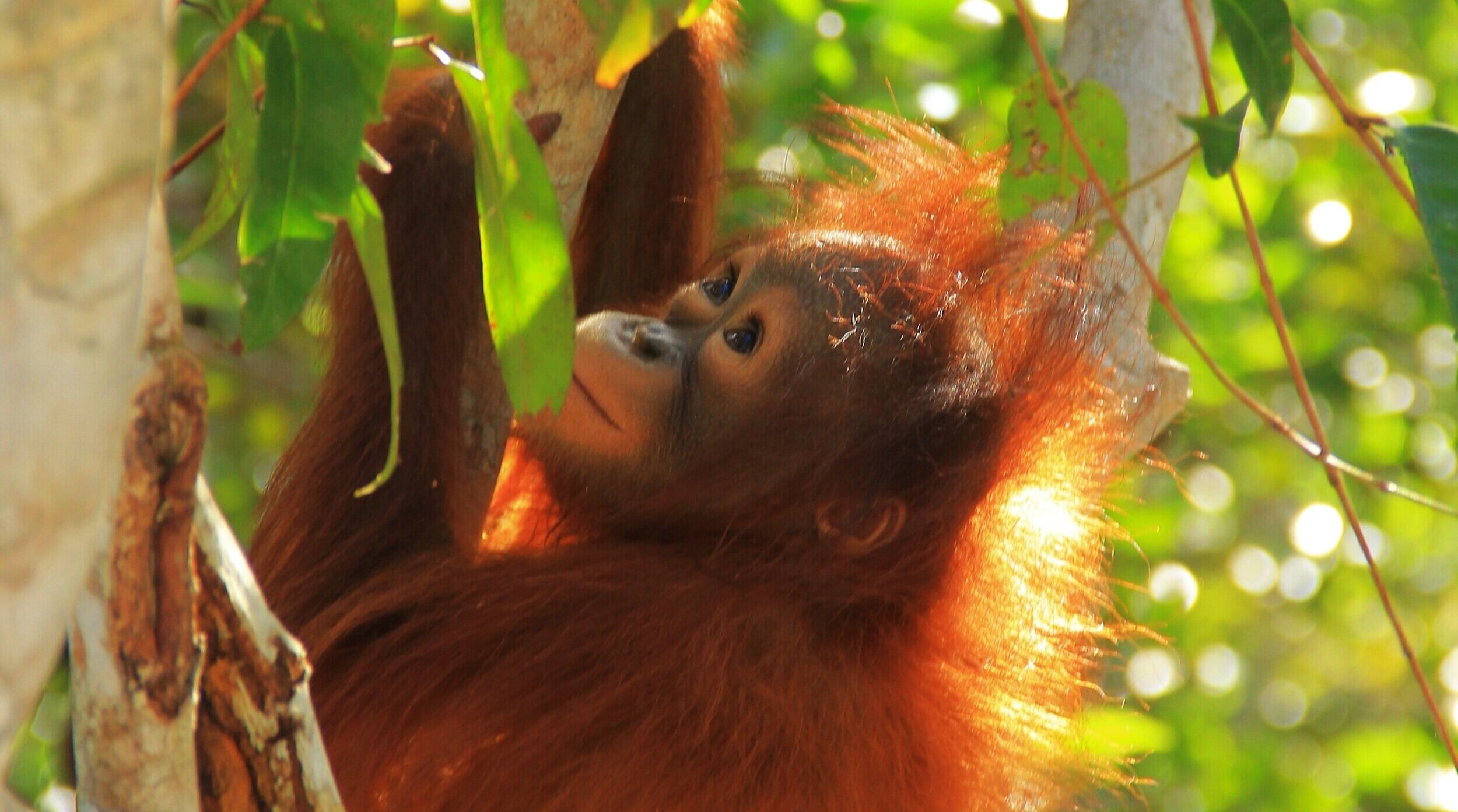

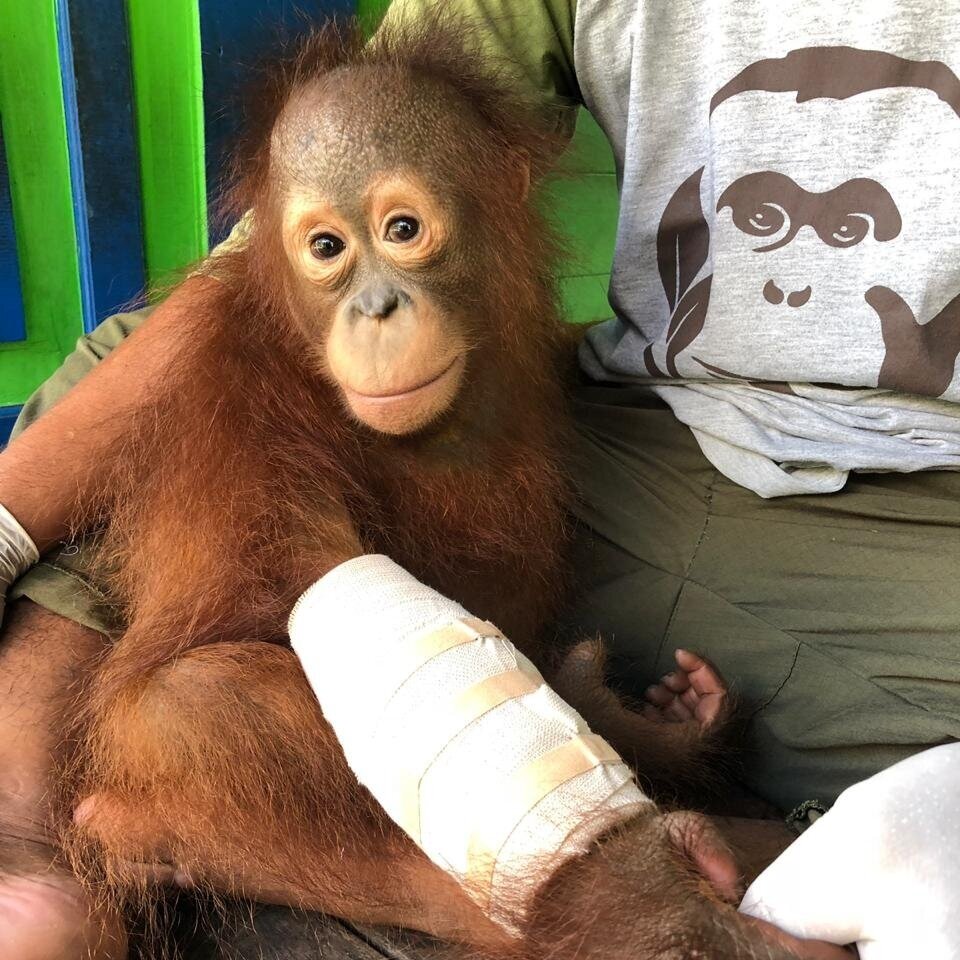
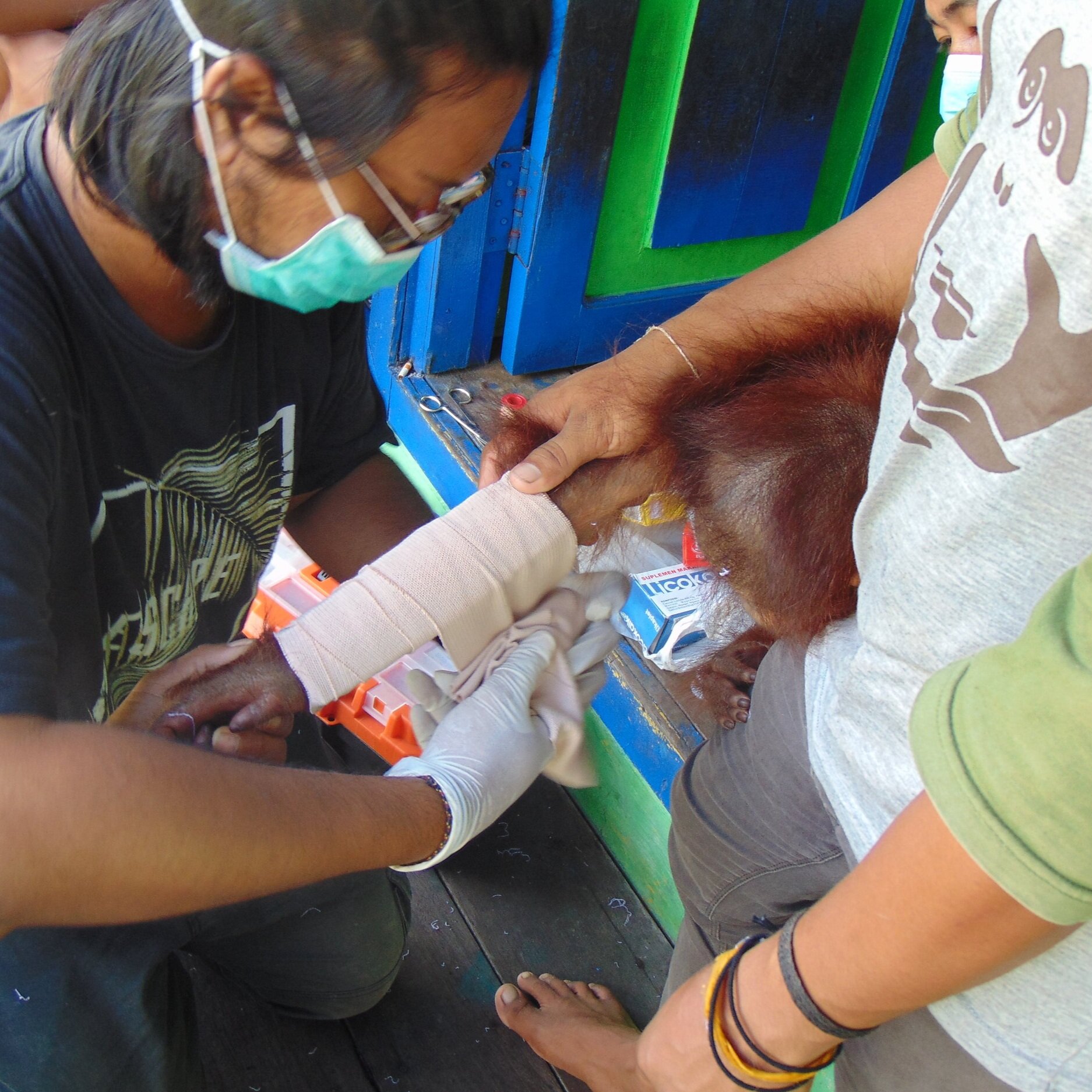
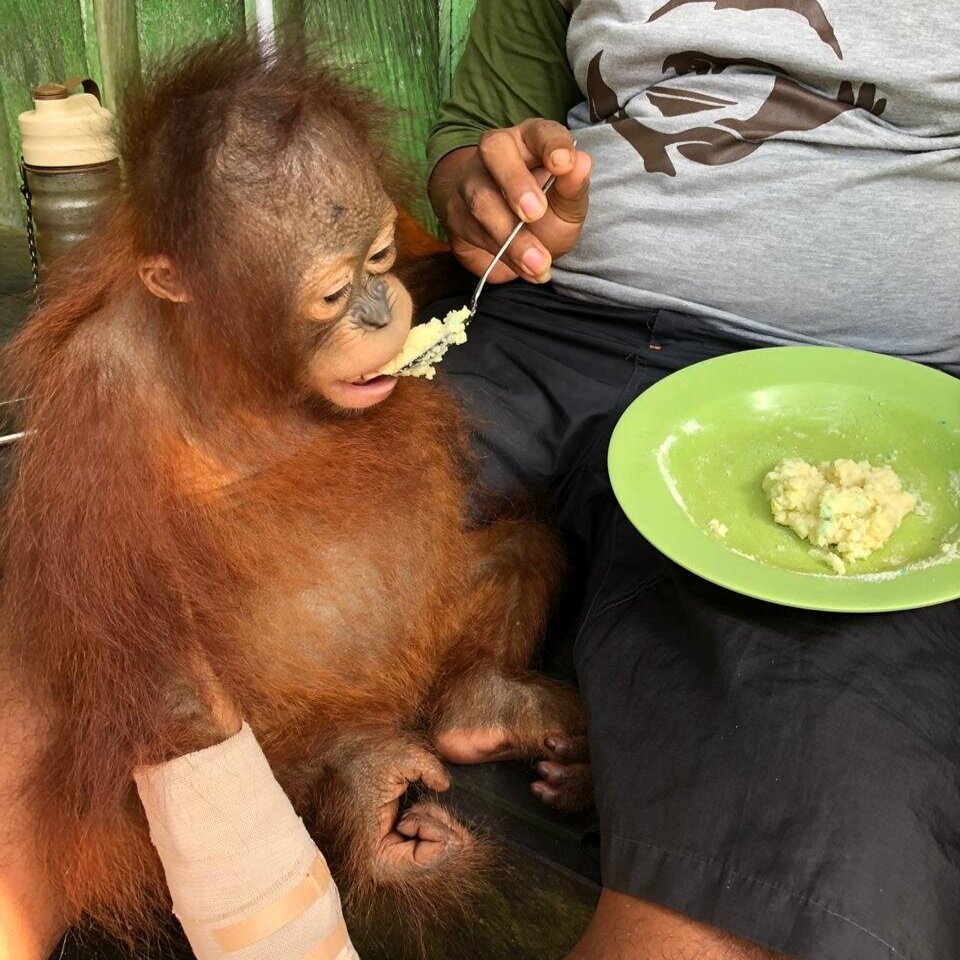

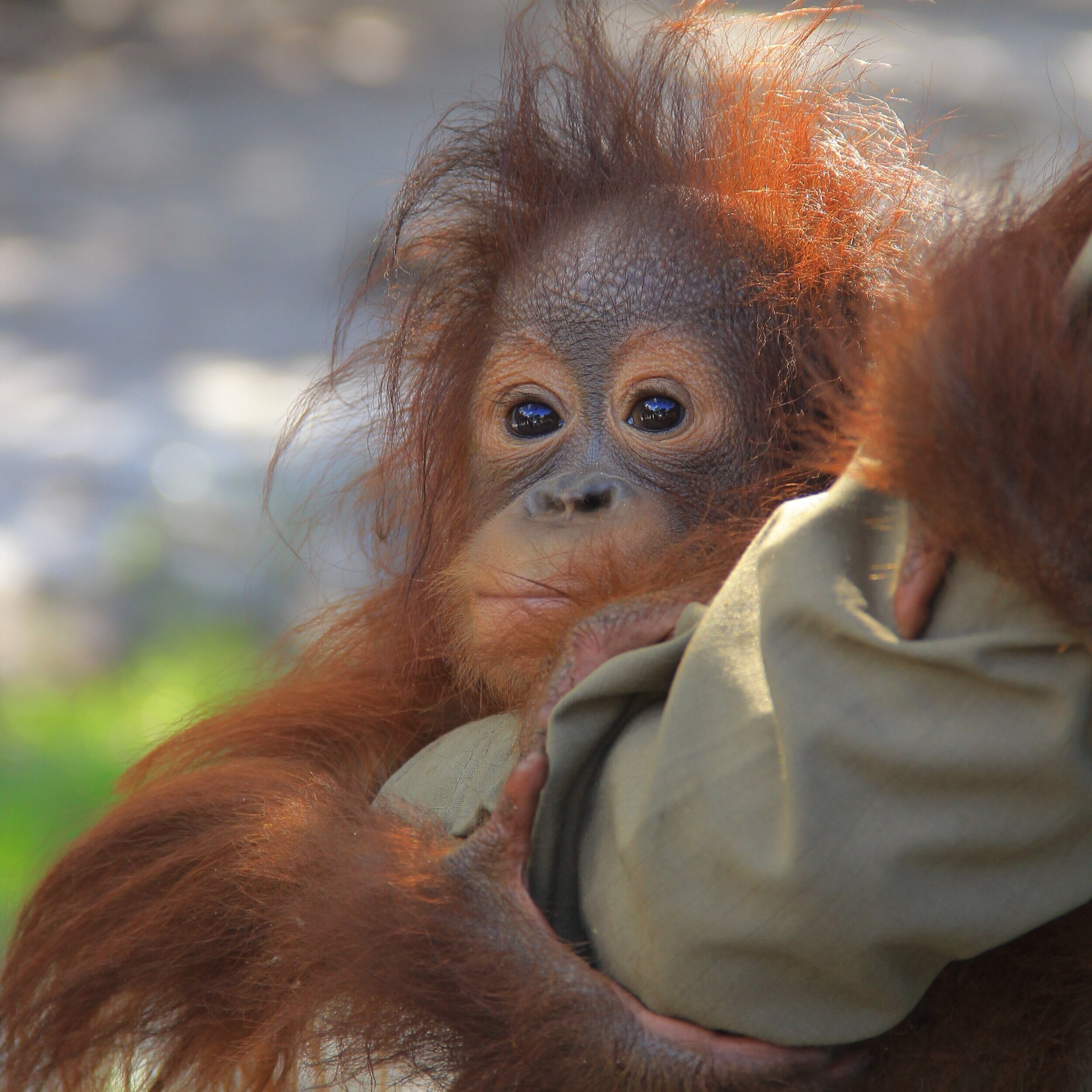
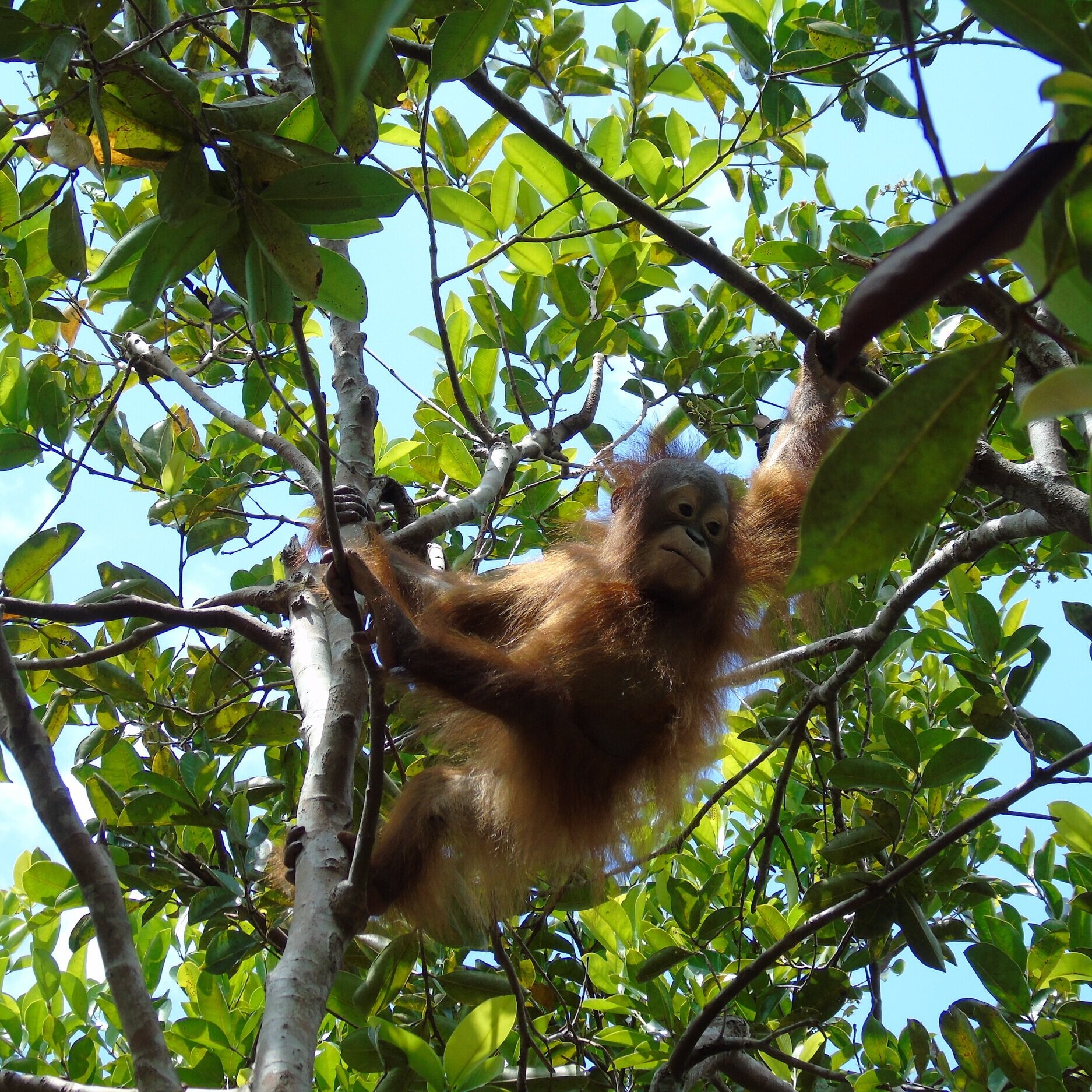




















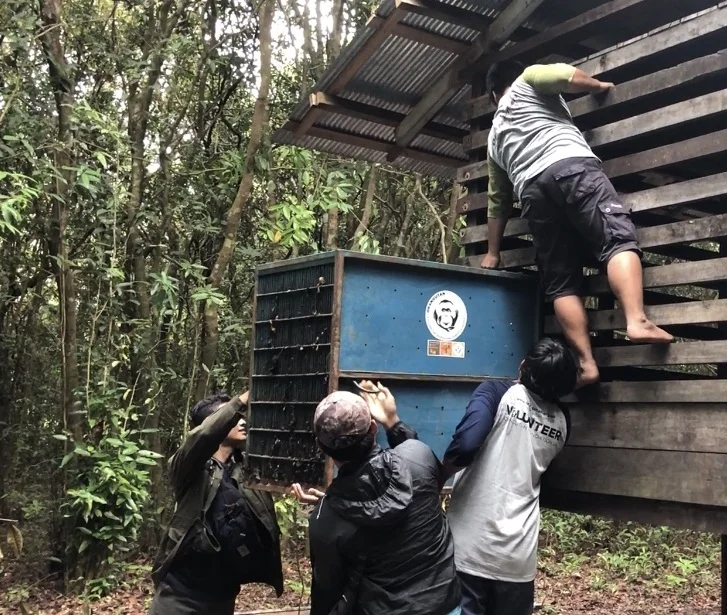







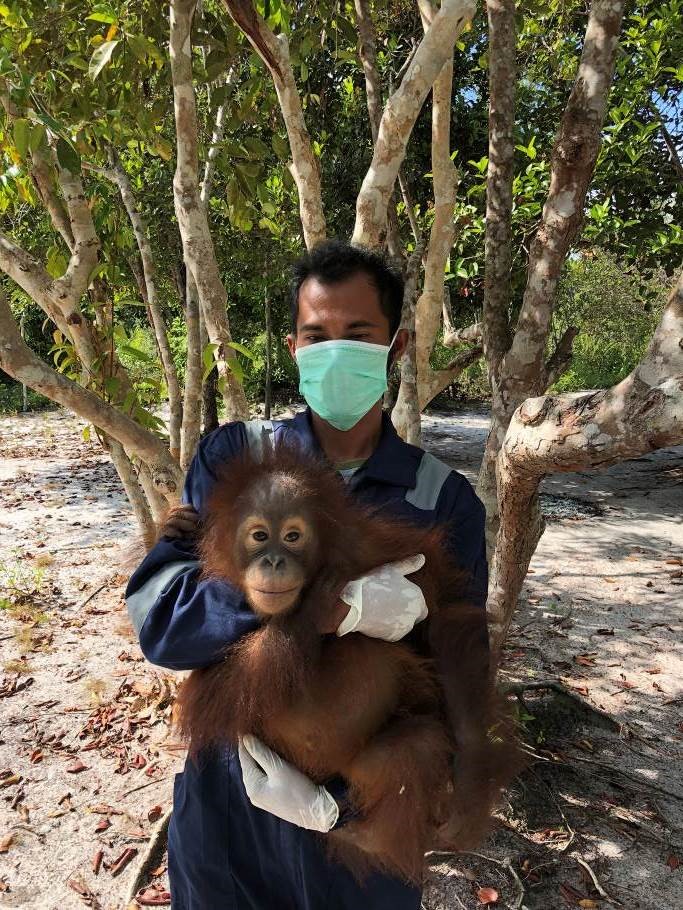
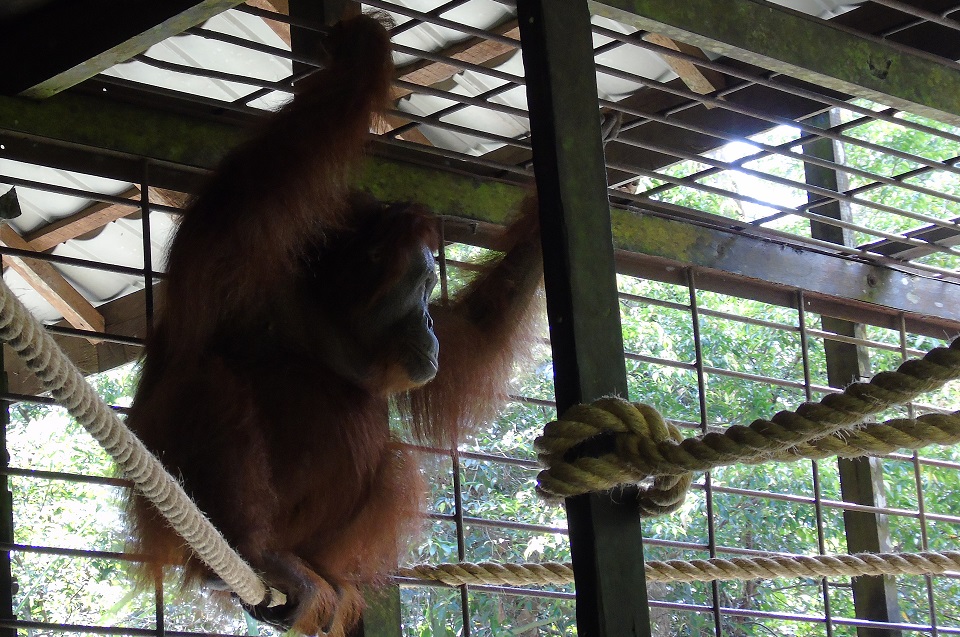
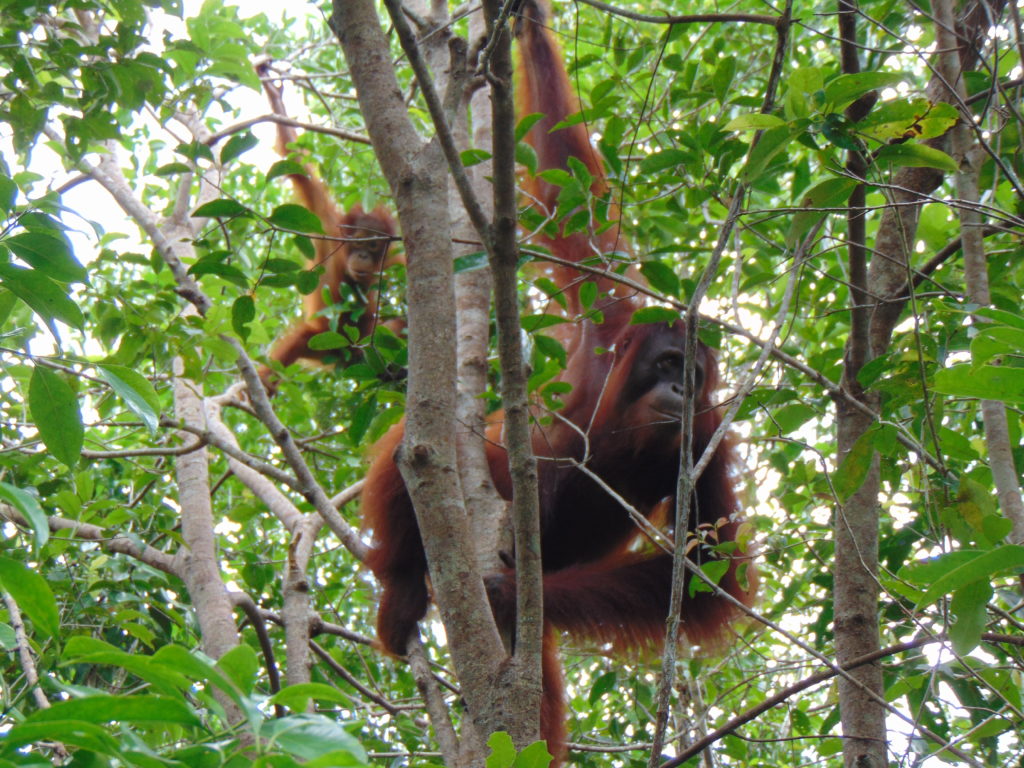
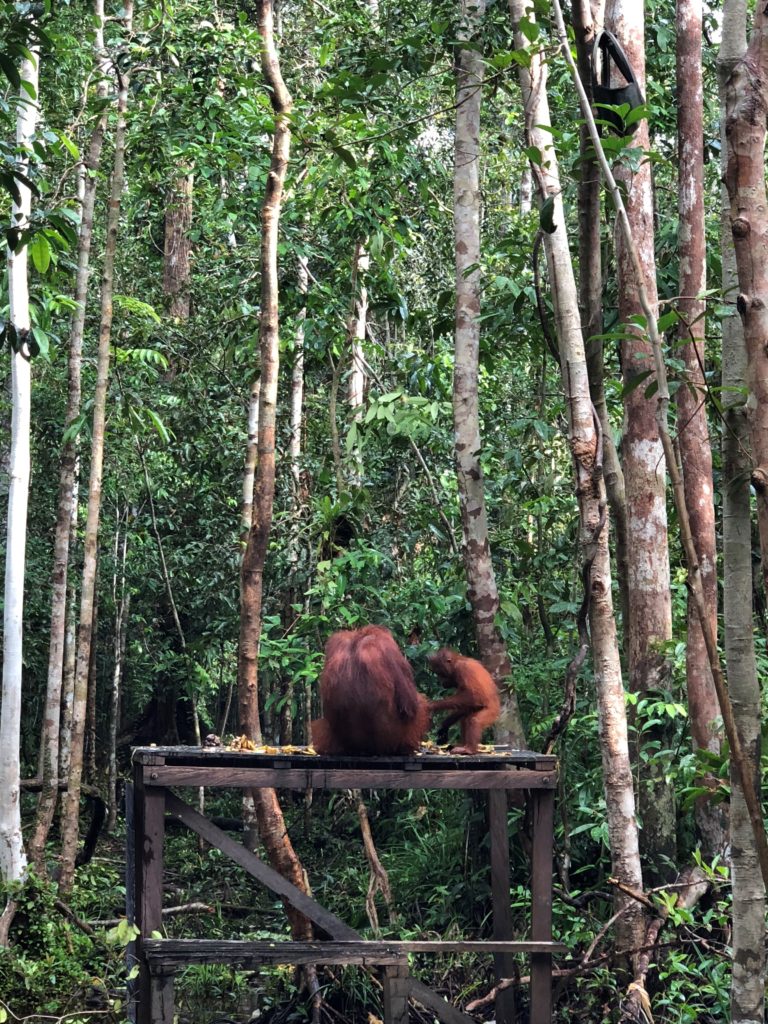

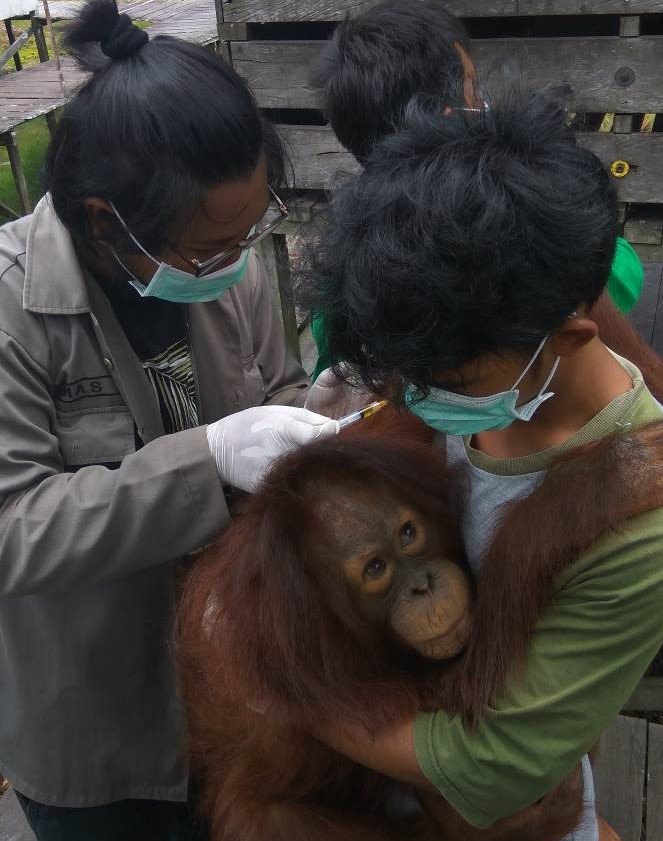
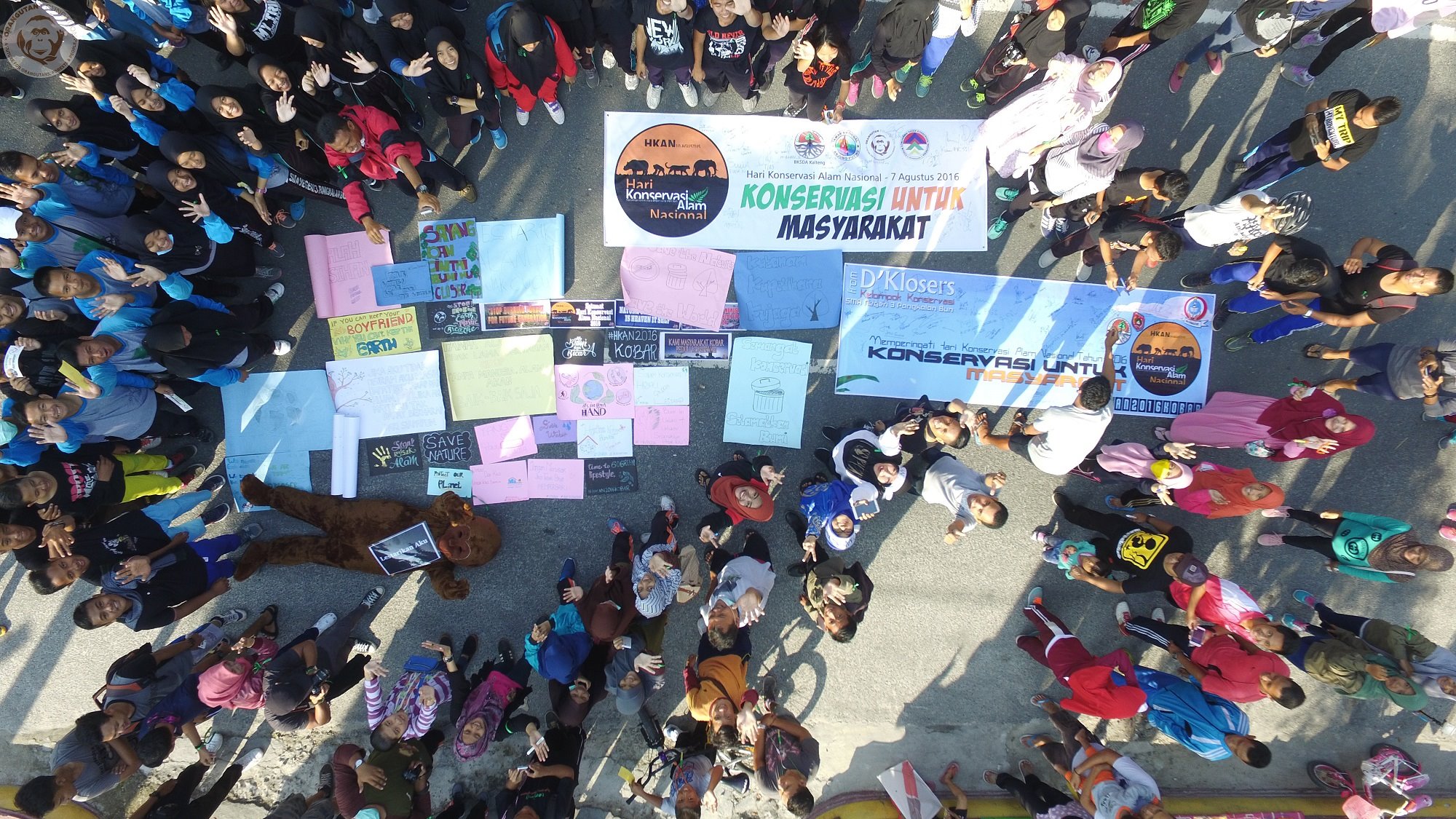
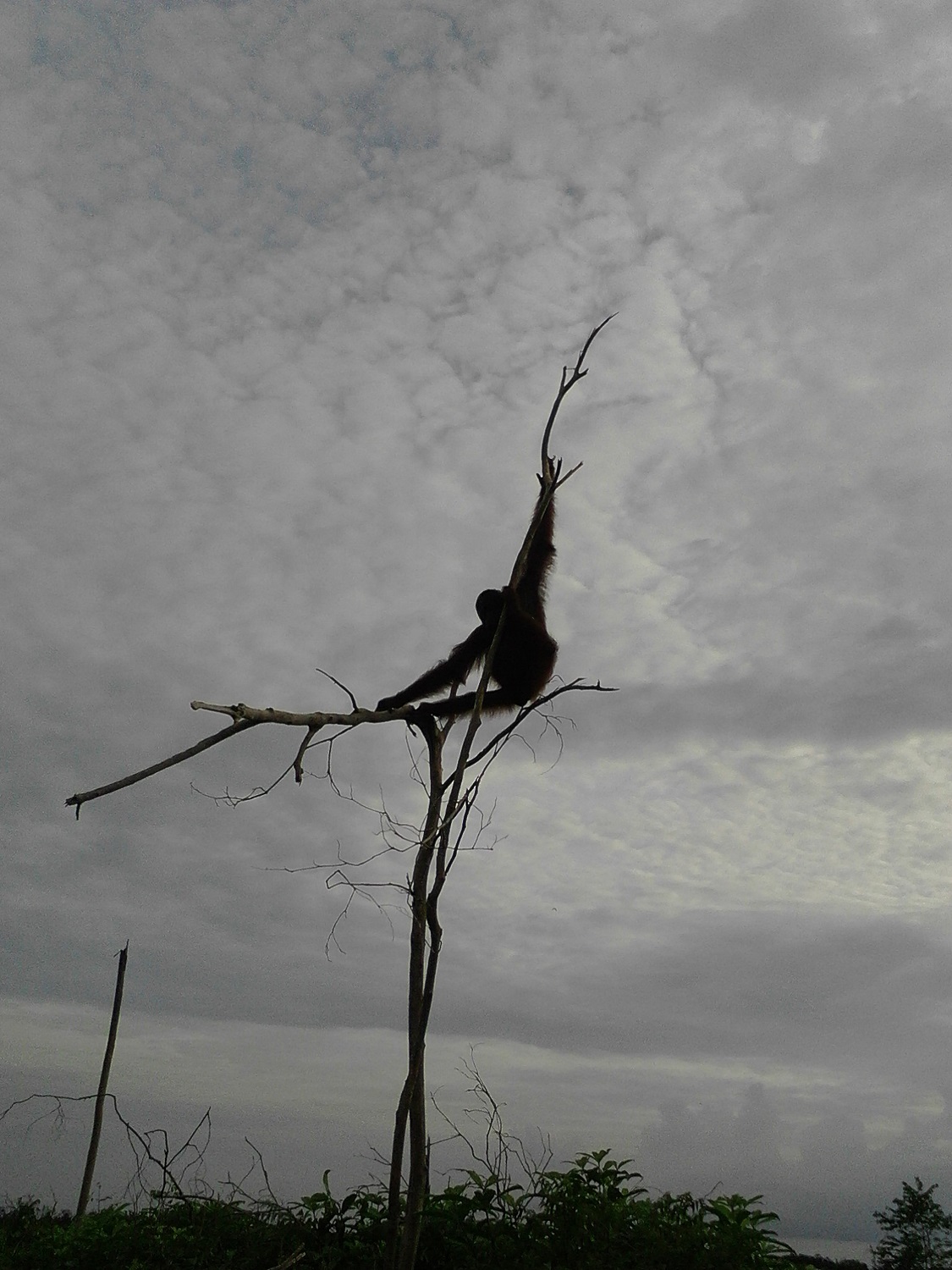
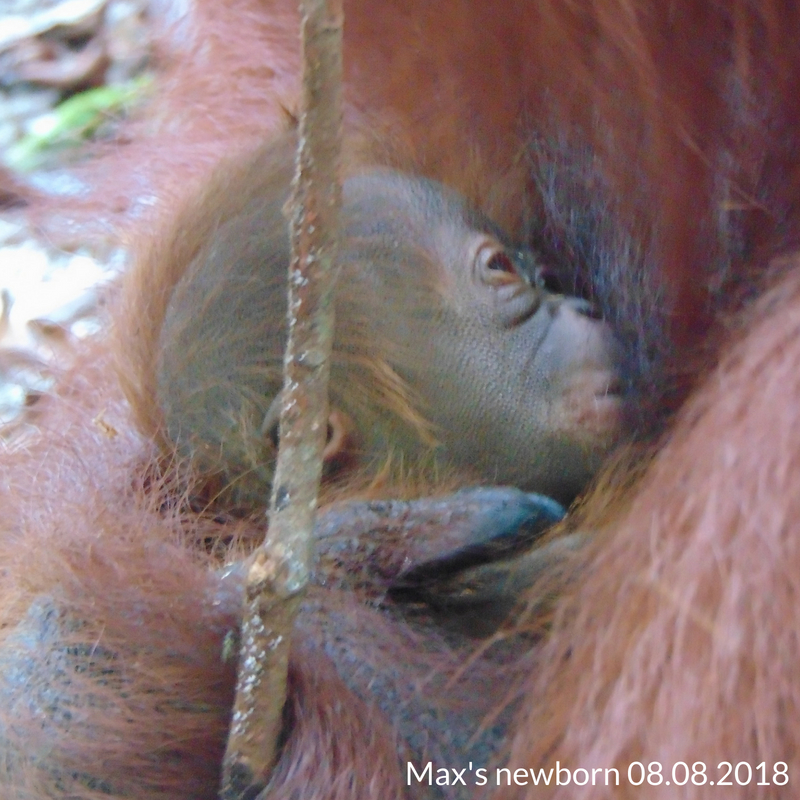
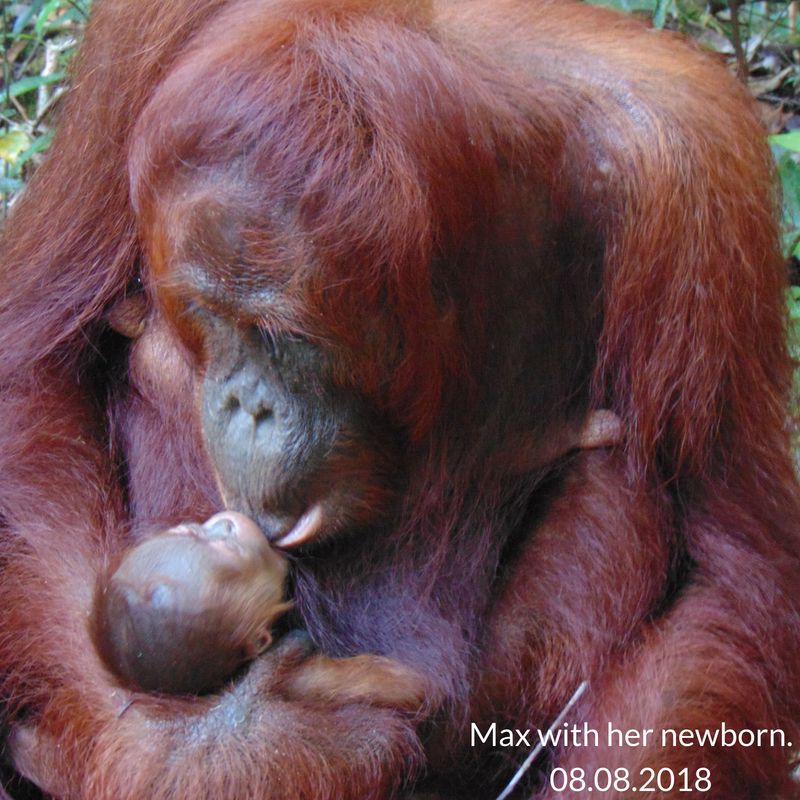
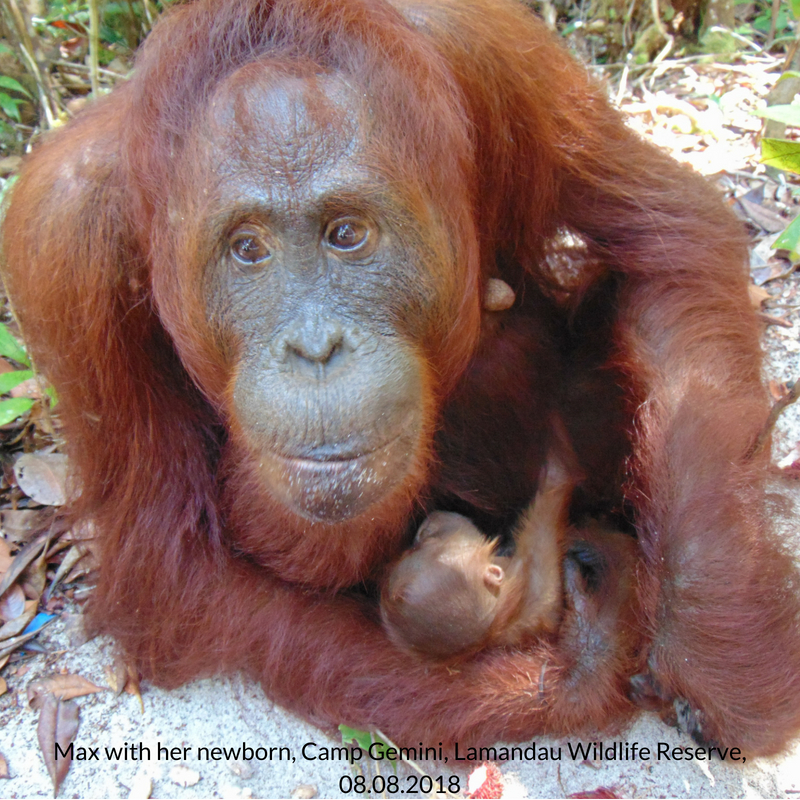
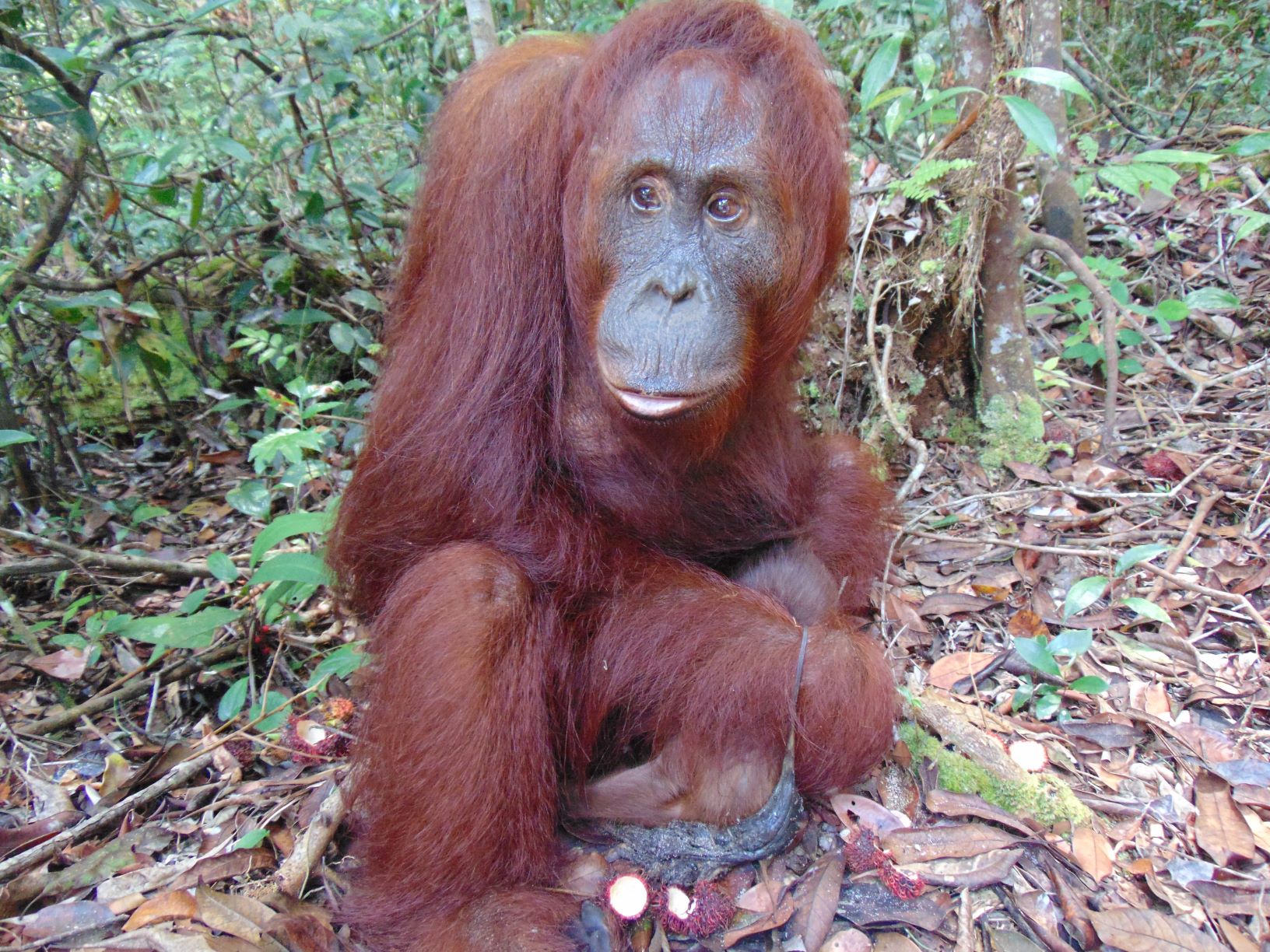
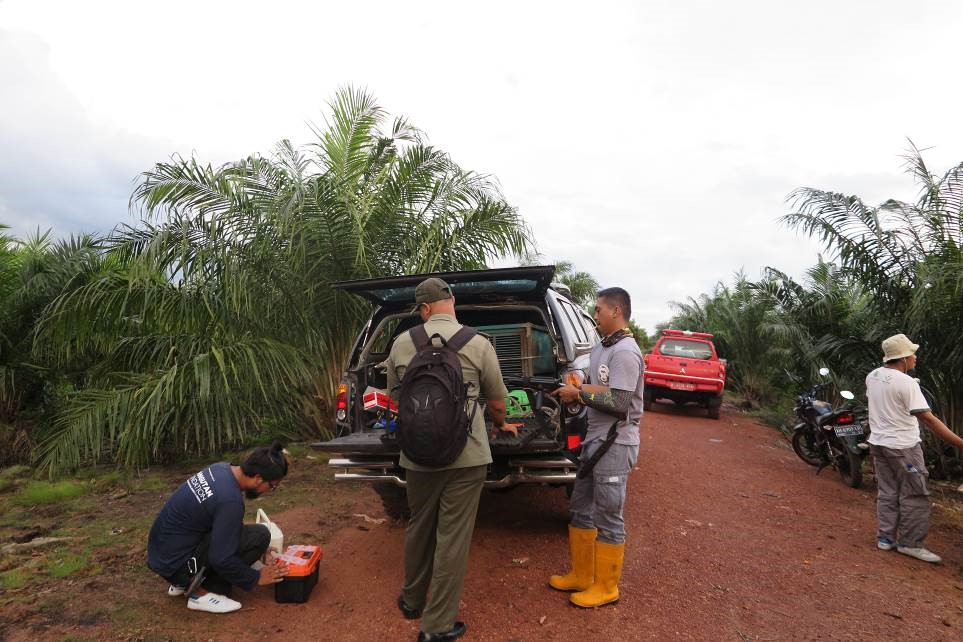
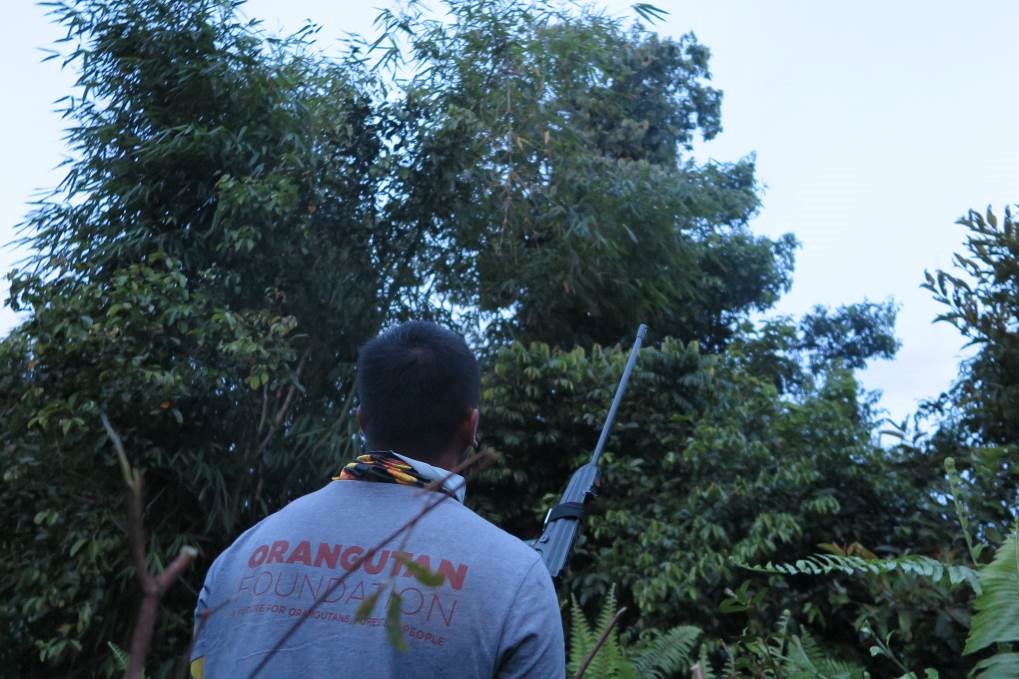
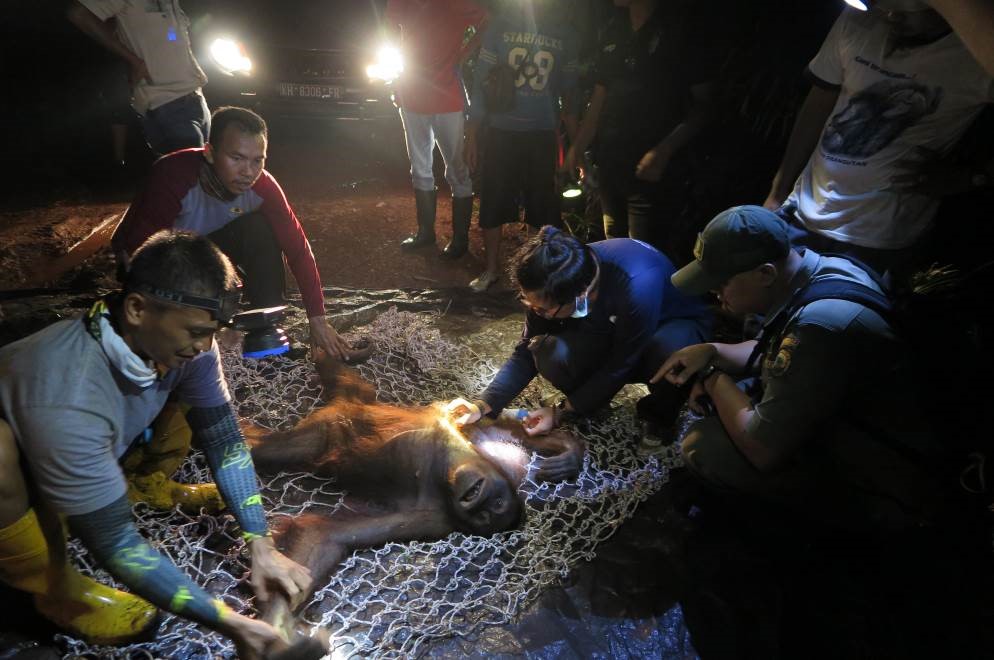
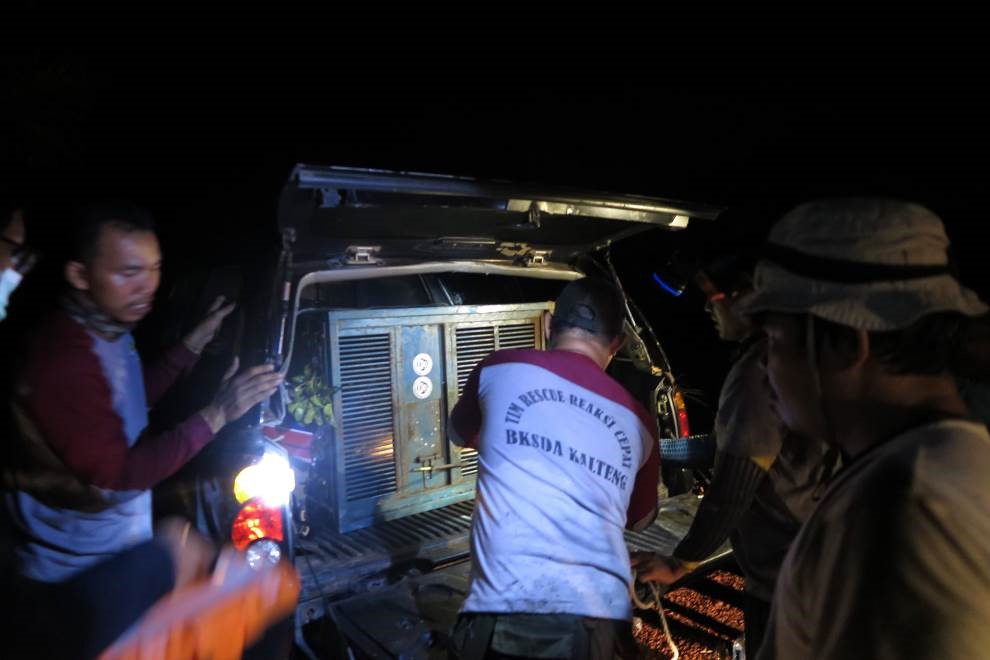

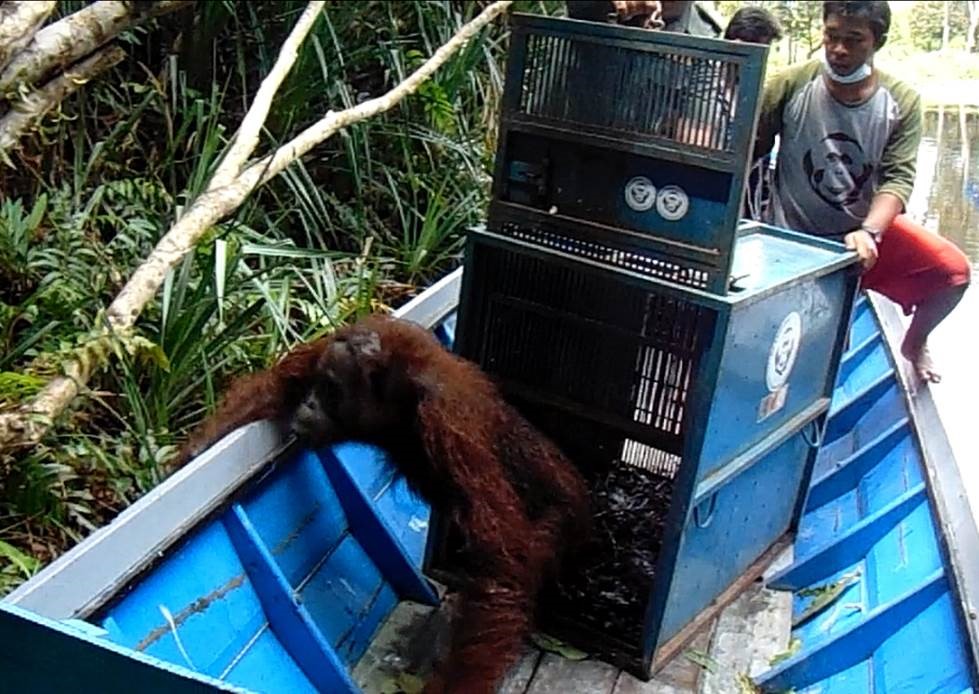

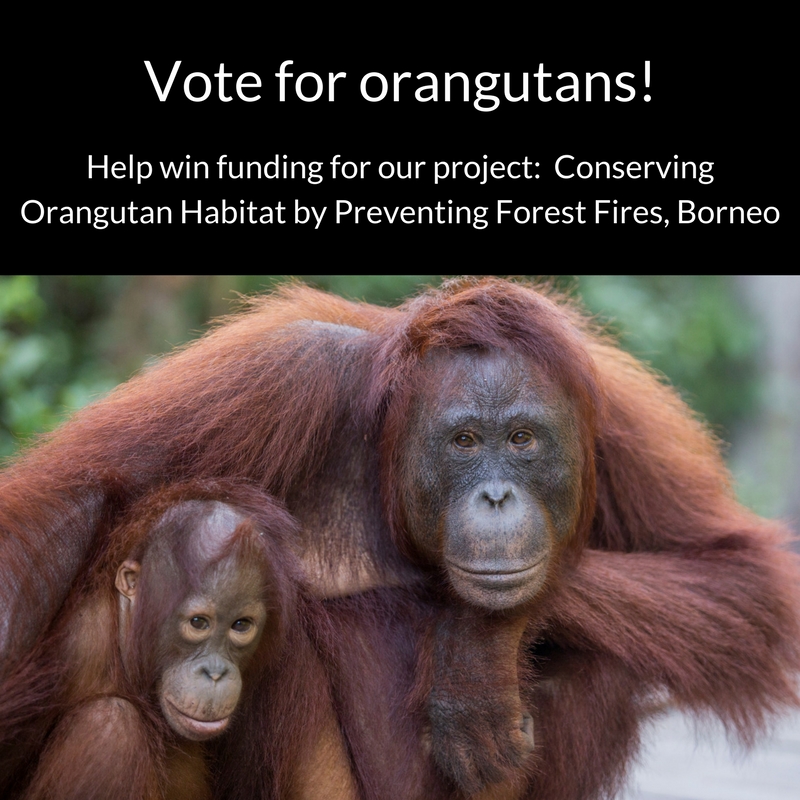 Vote for Orangutan Foundation -
Vote for Orangutan Foundation - 